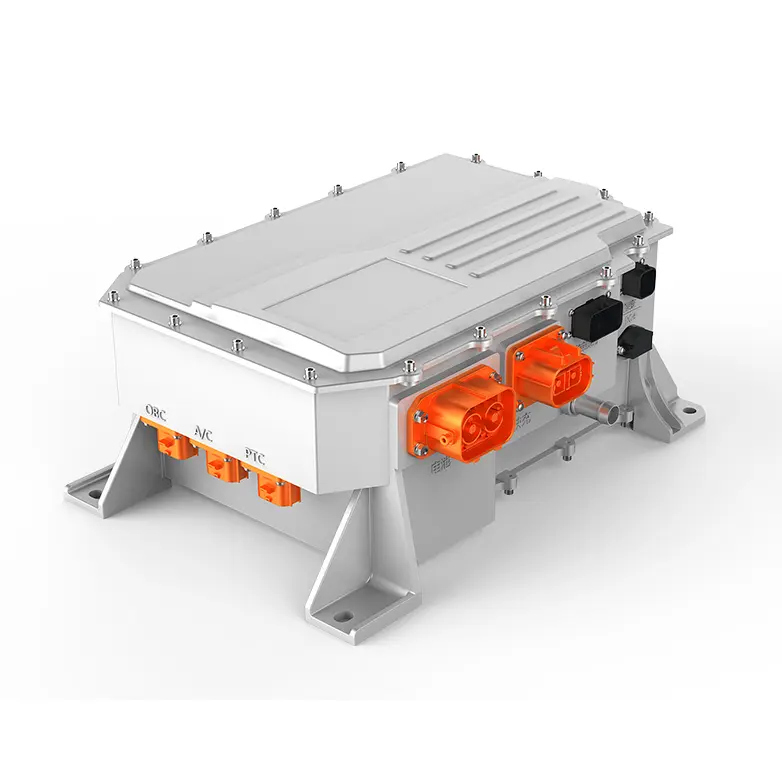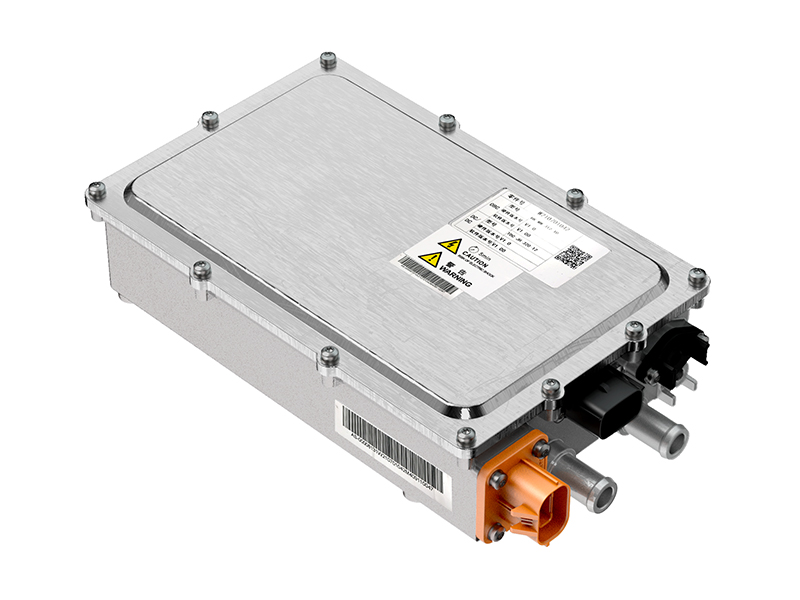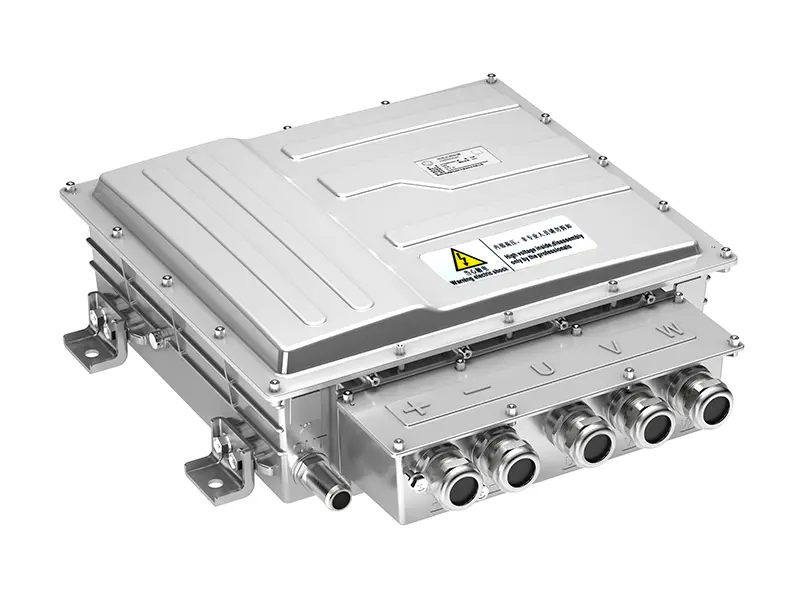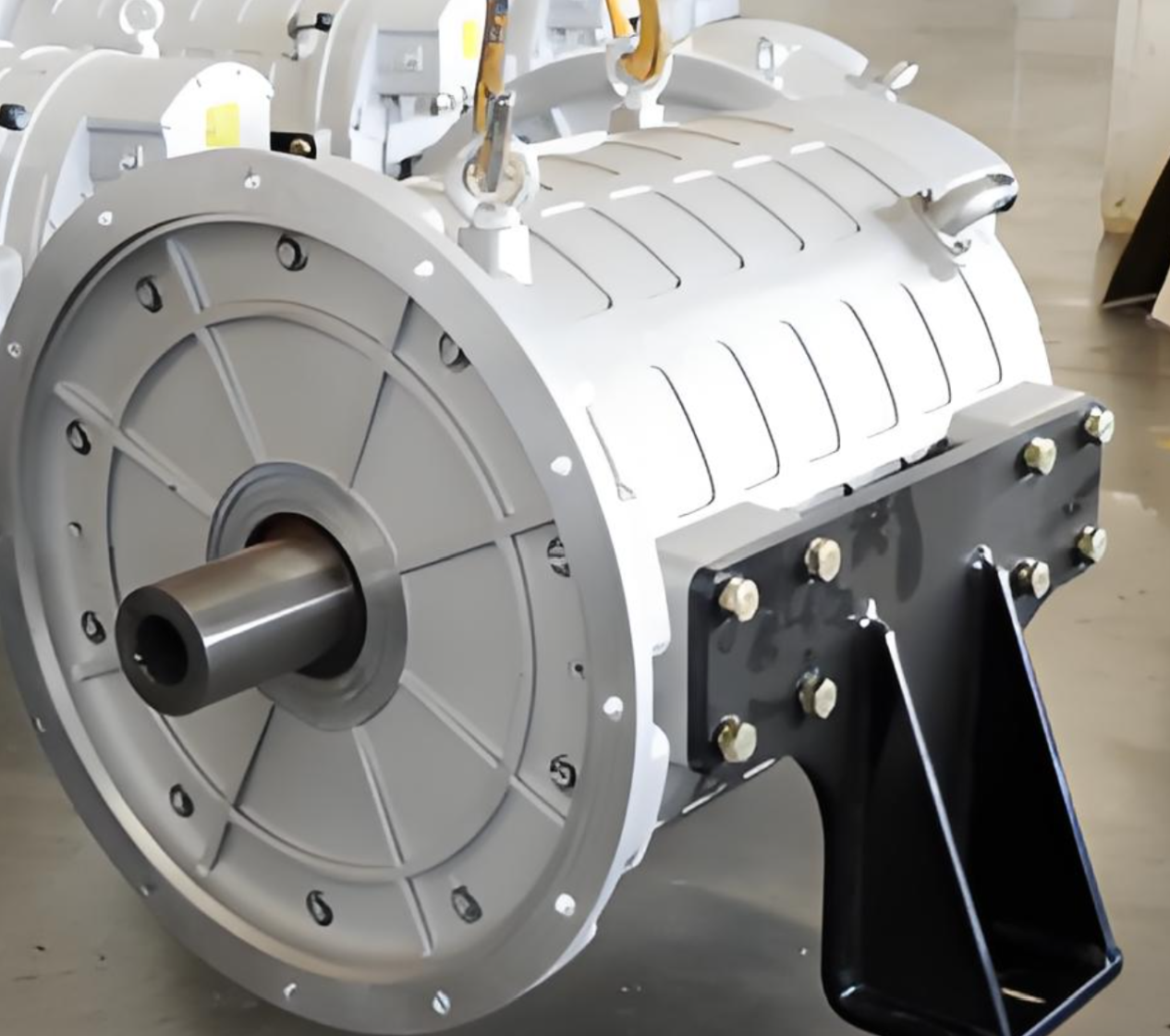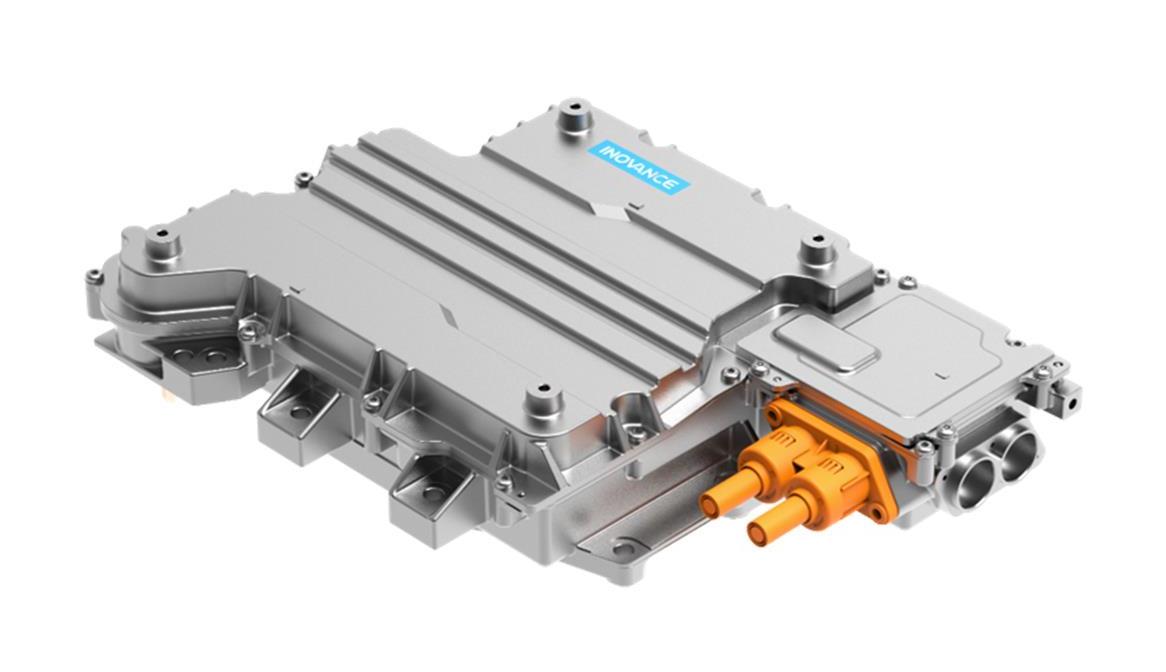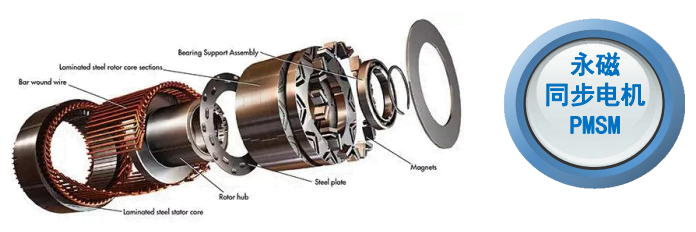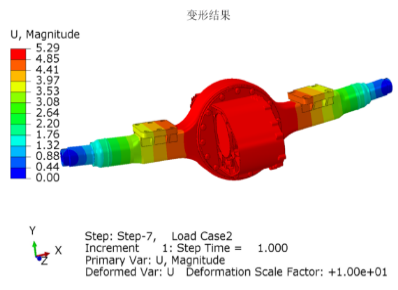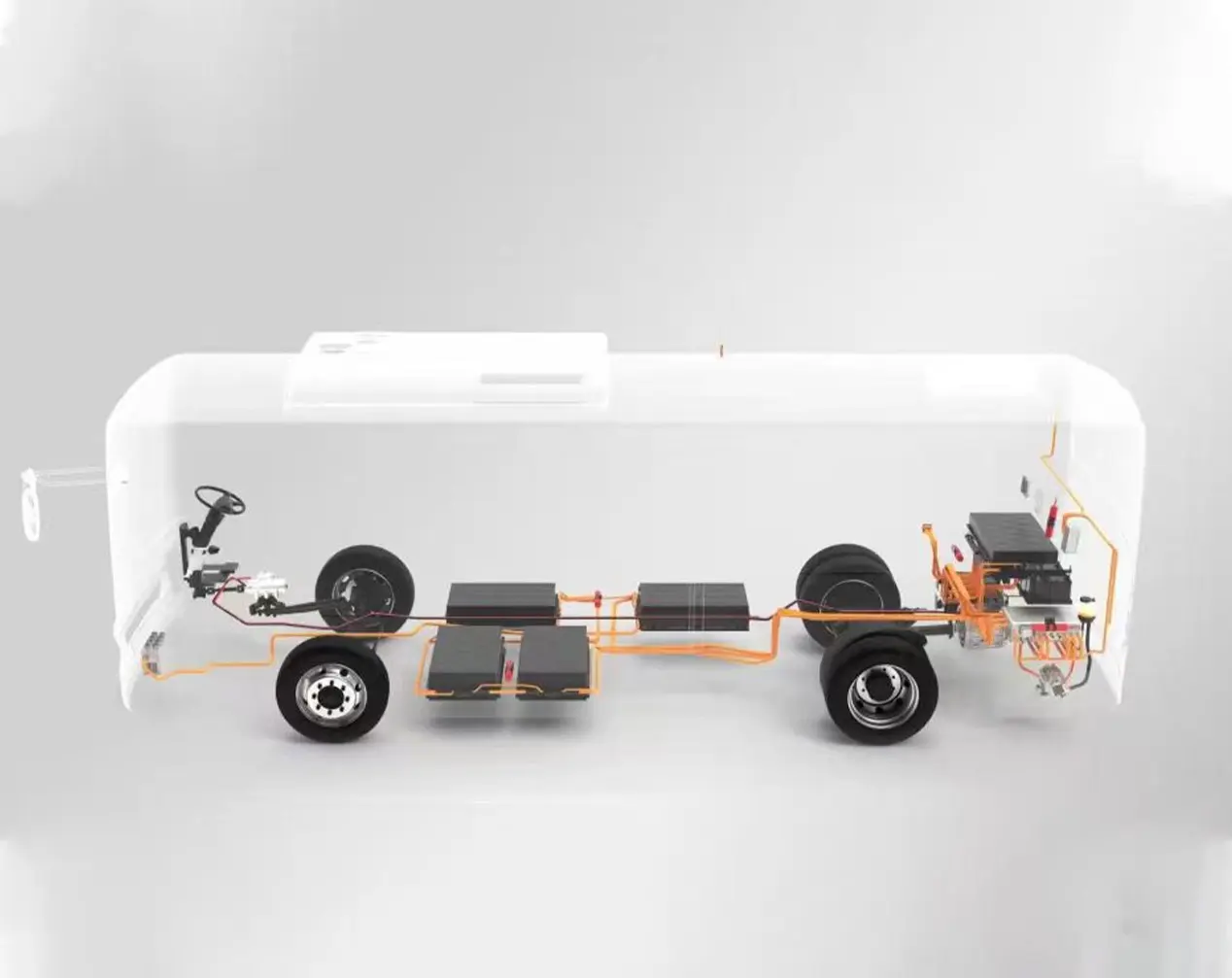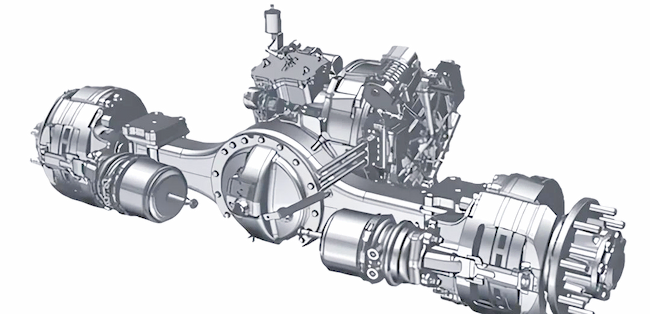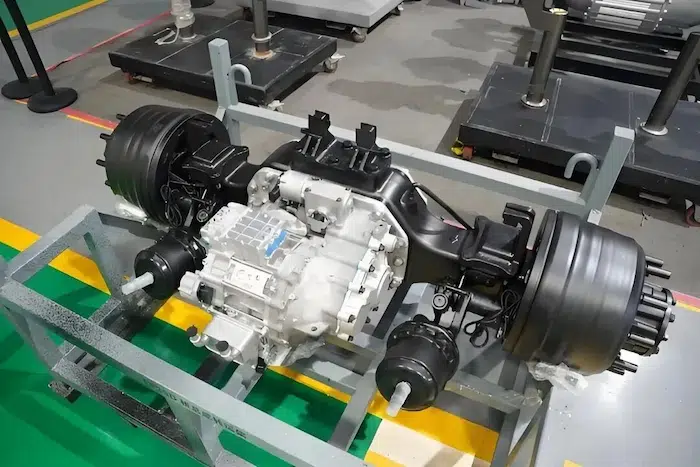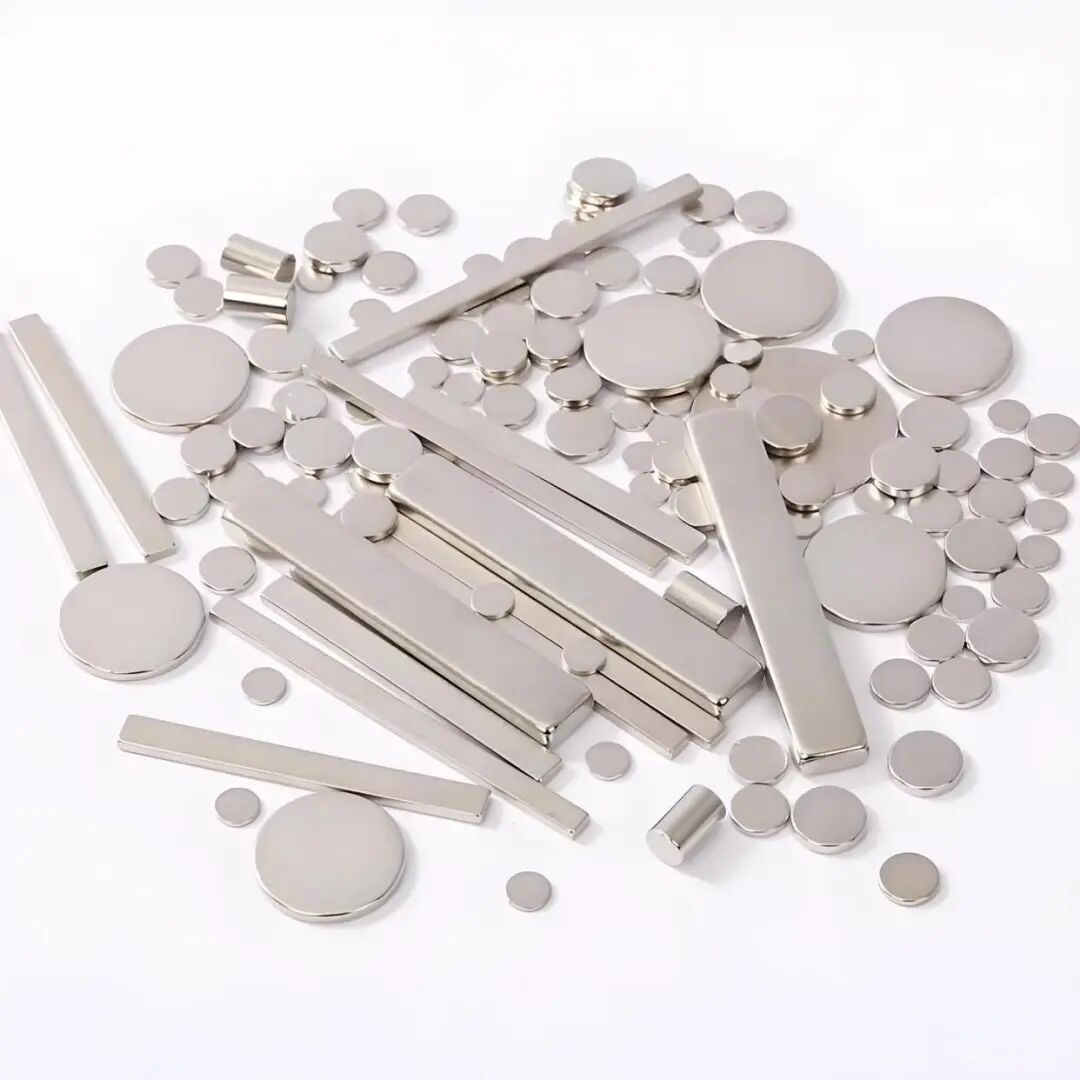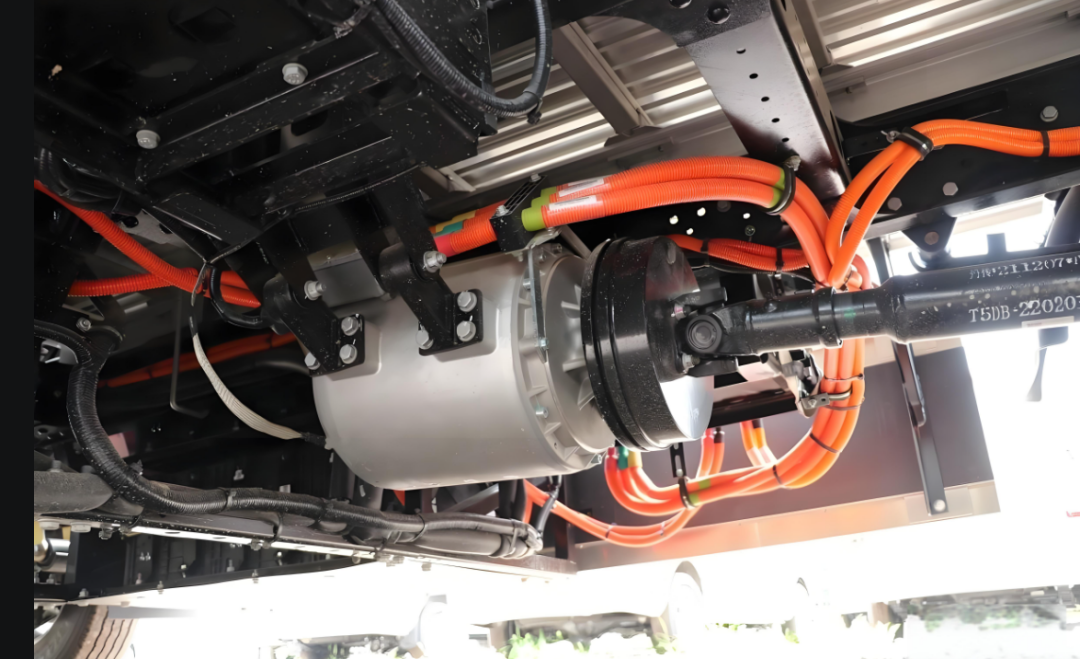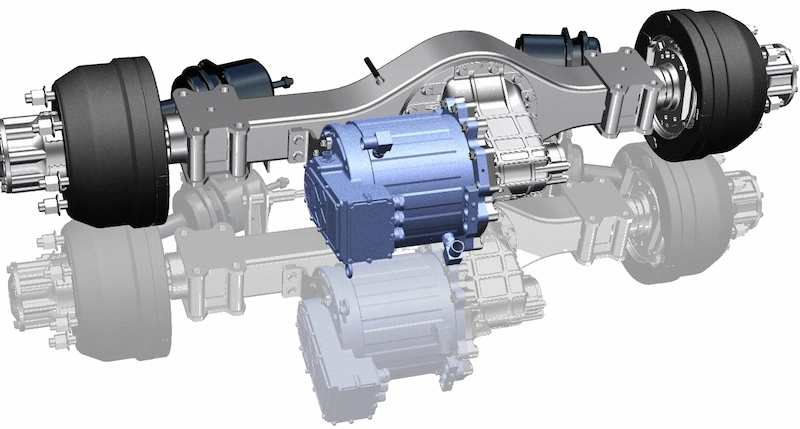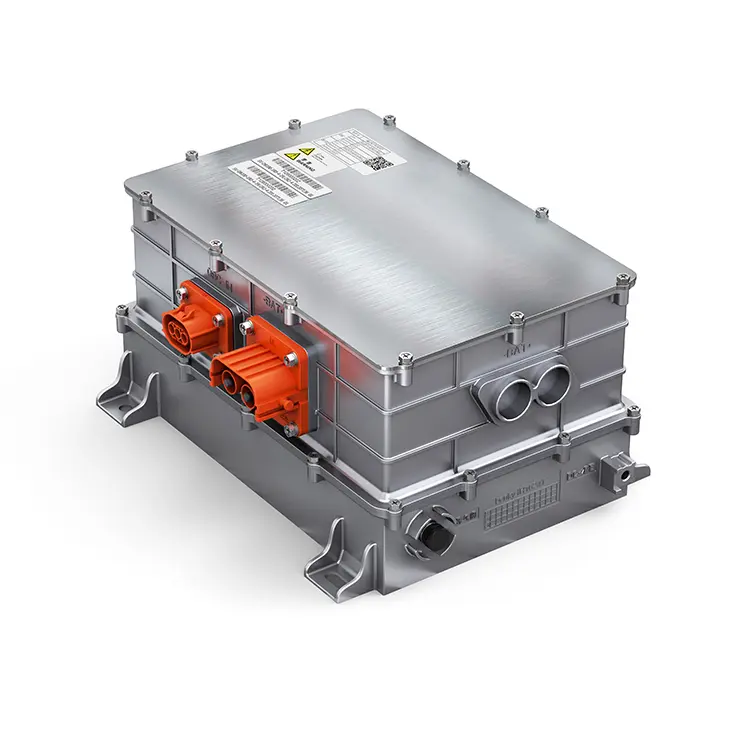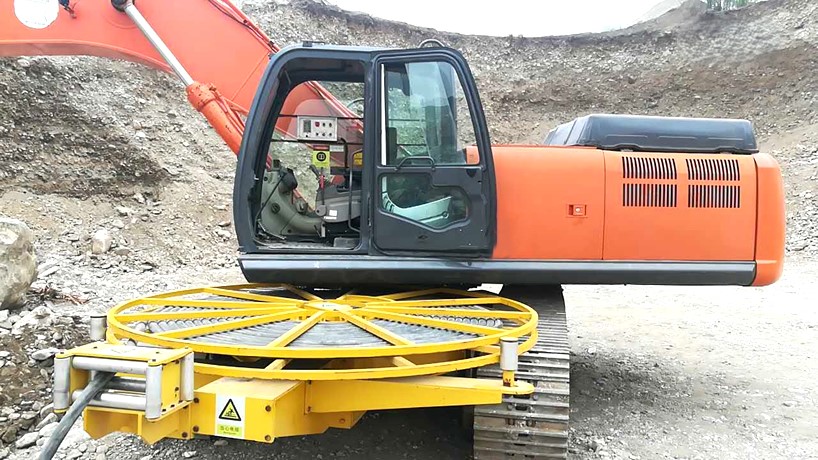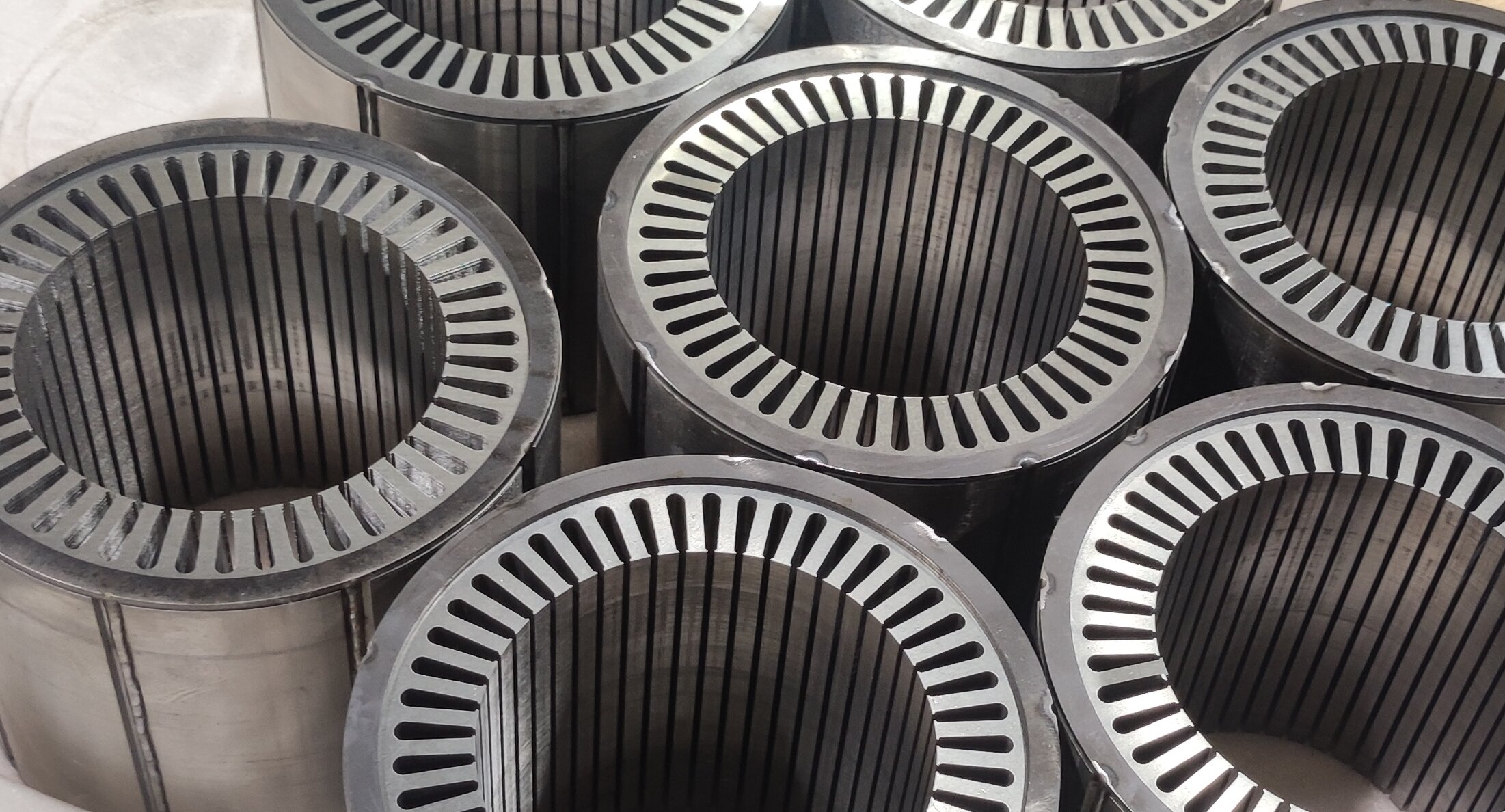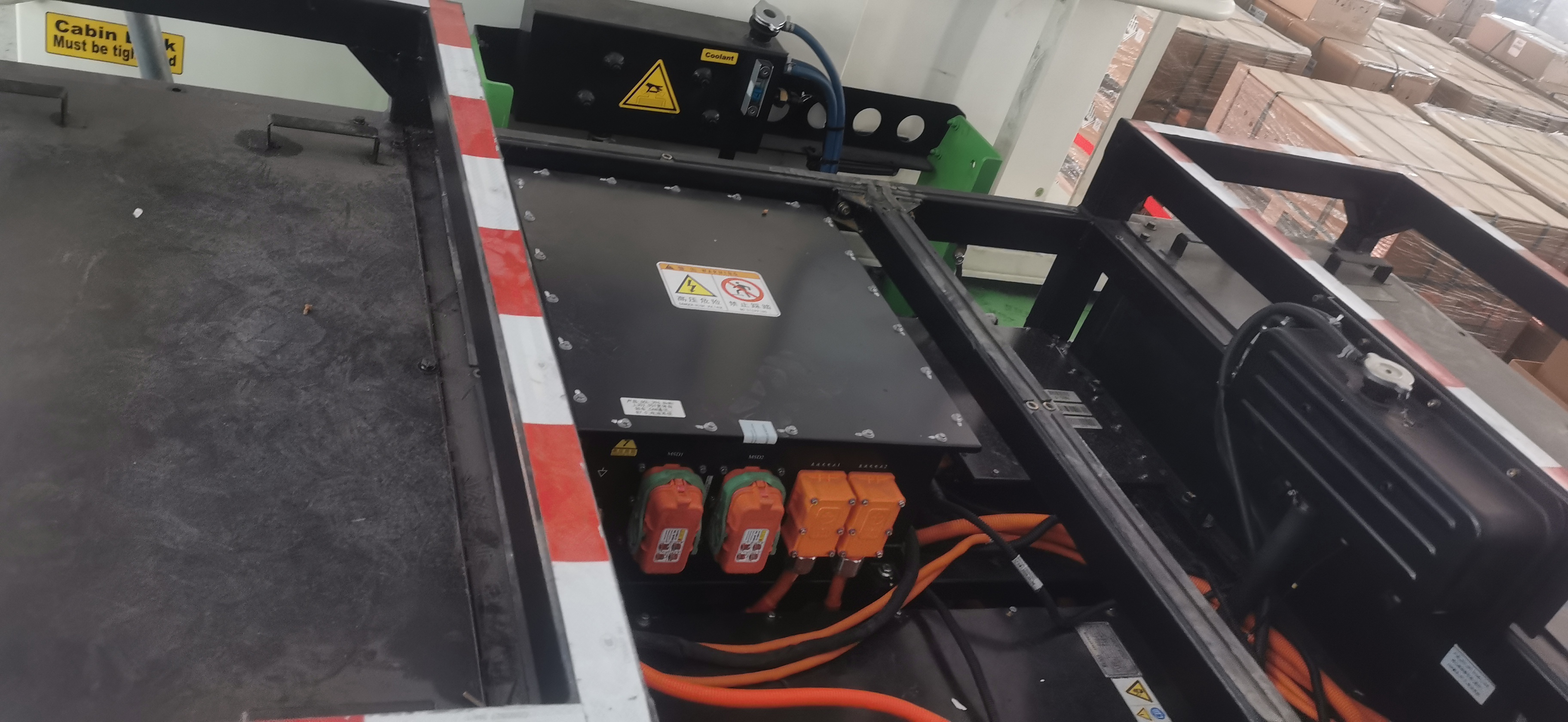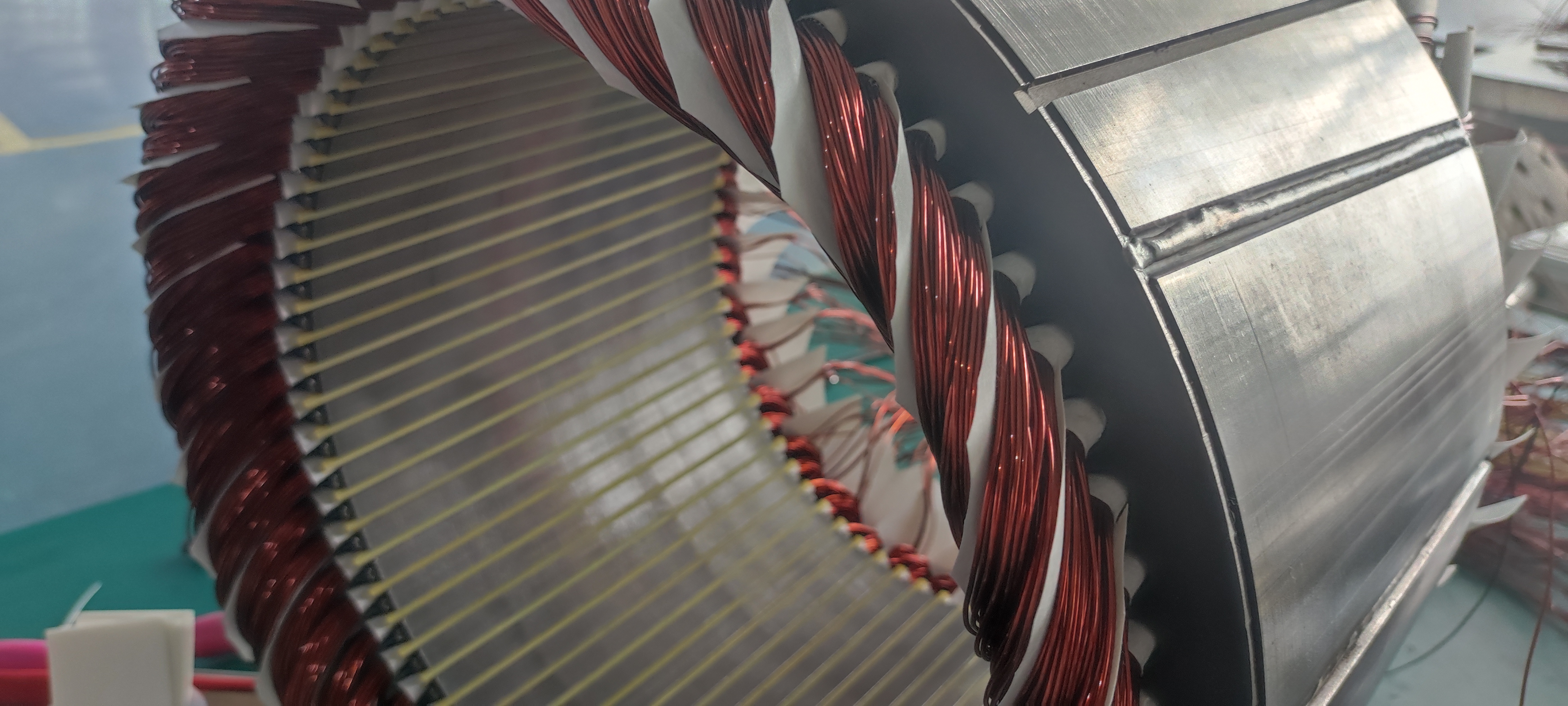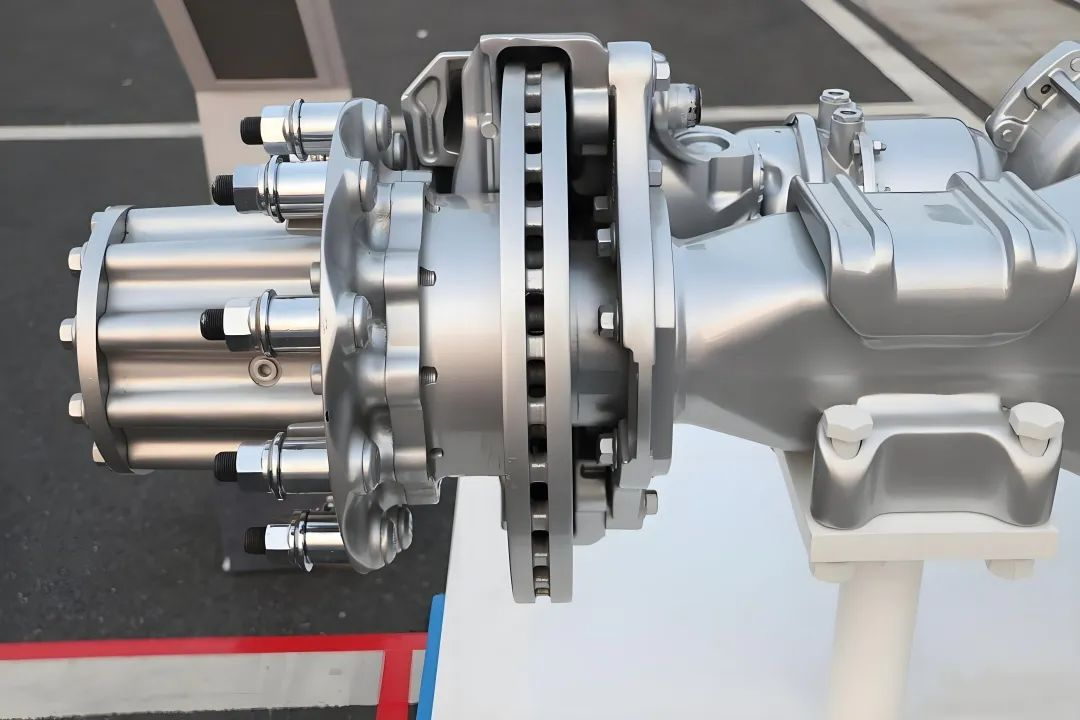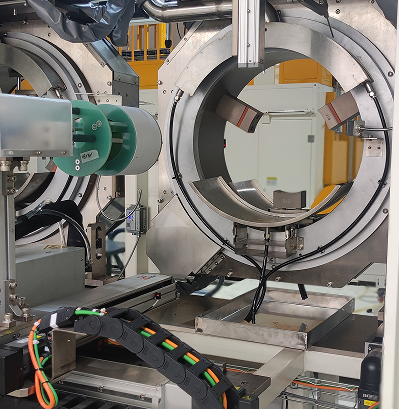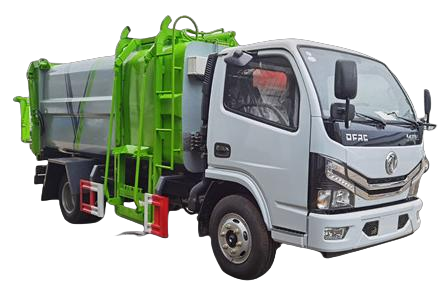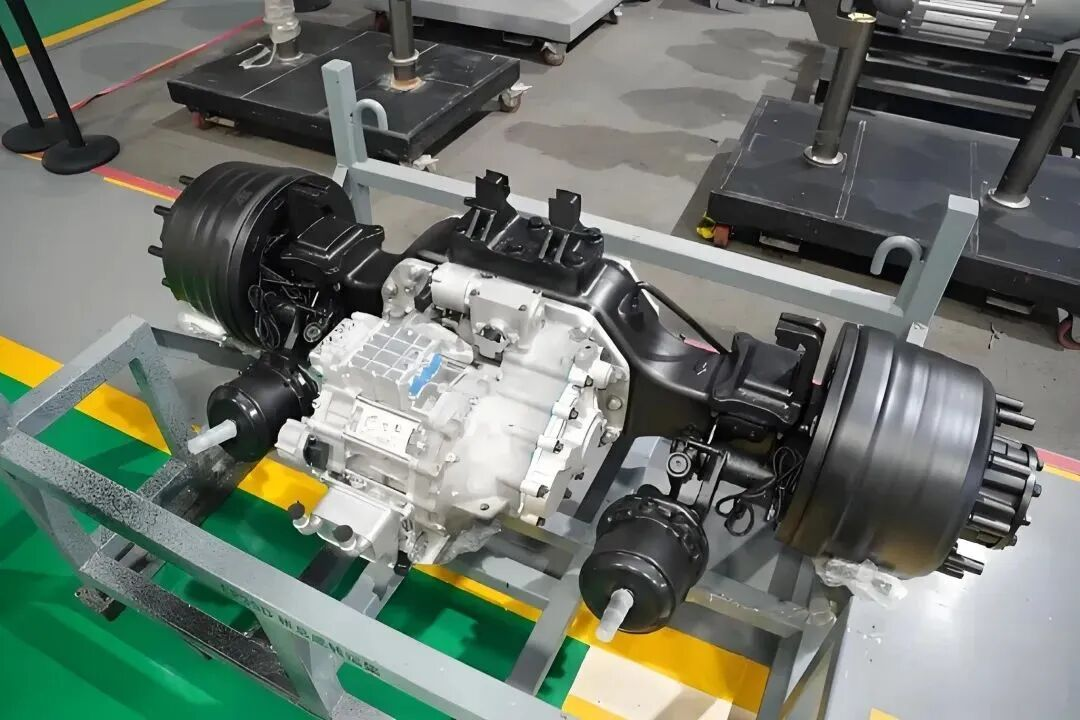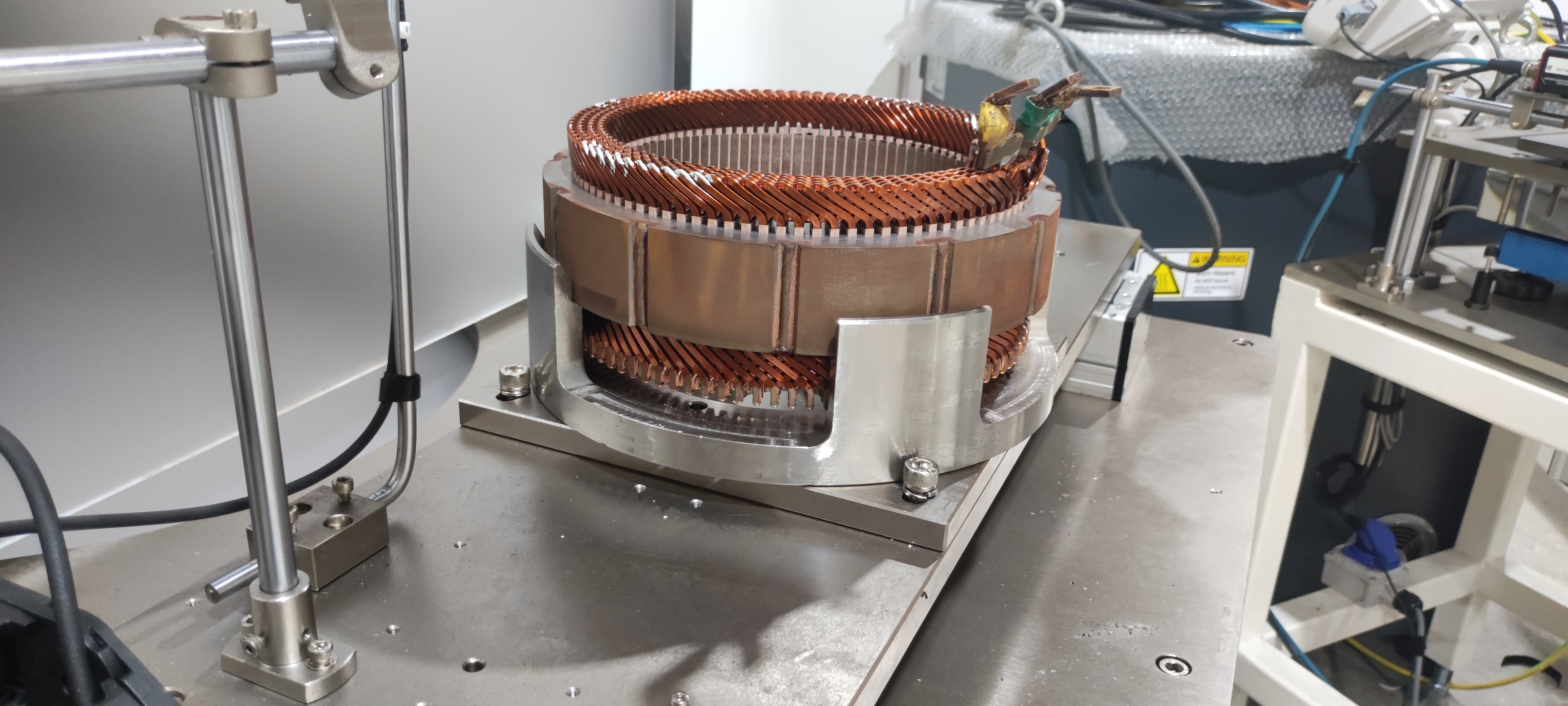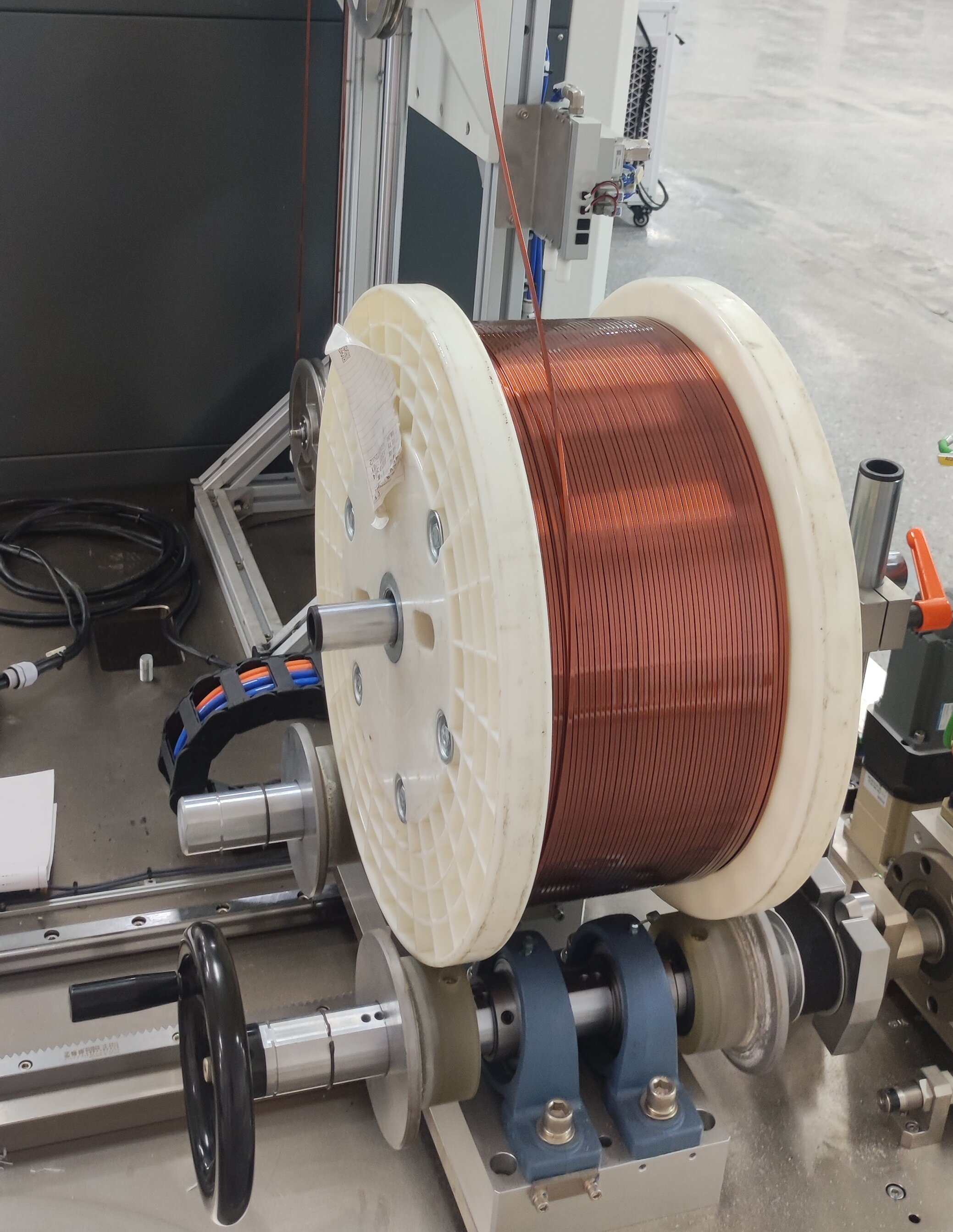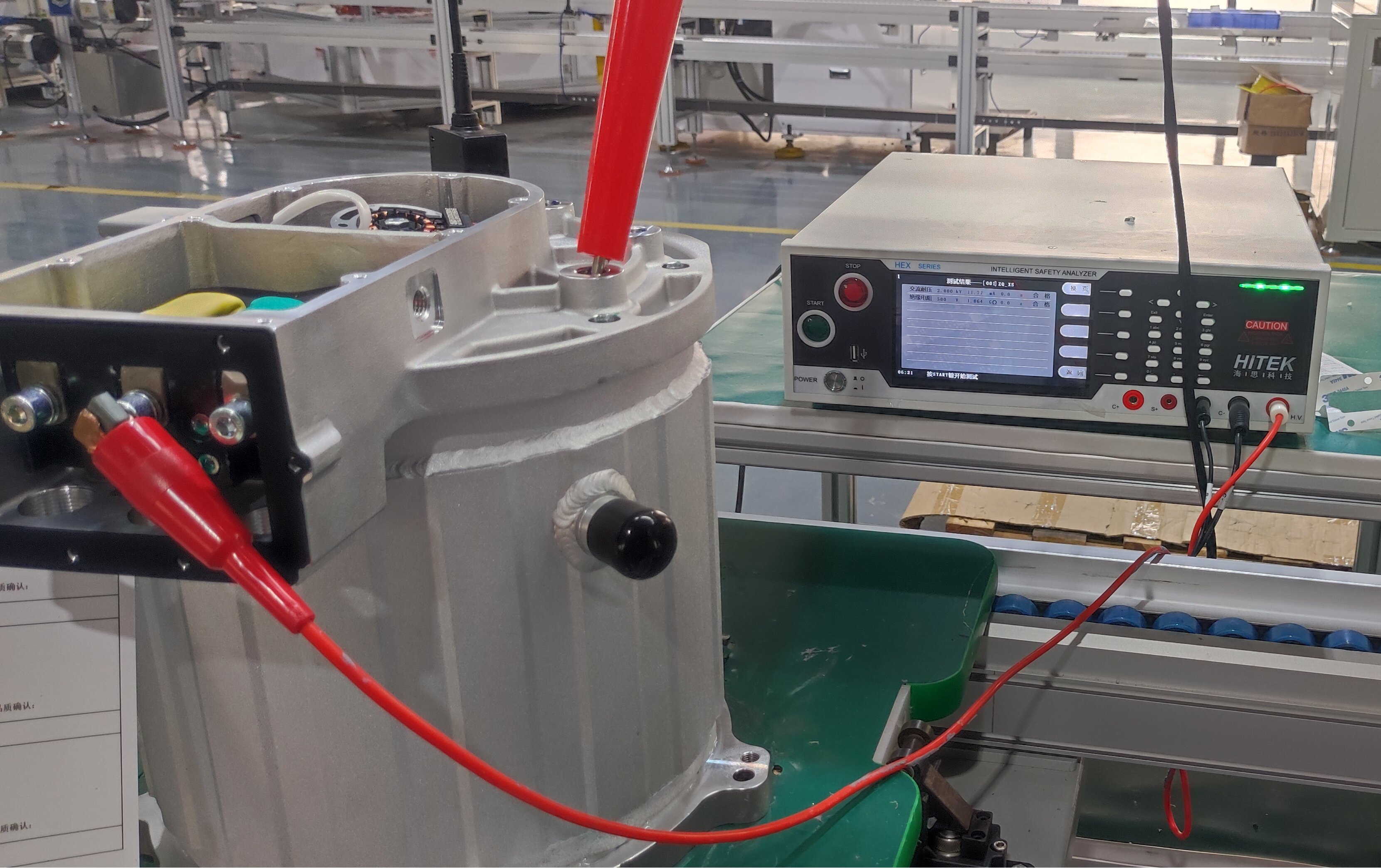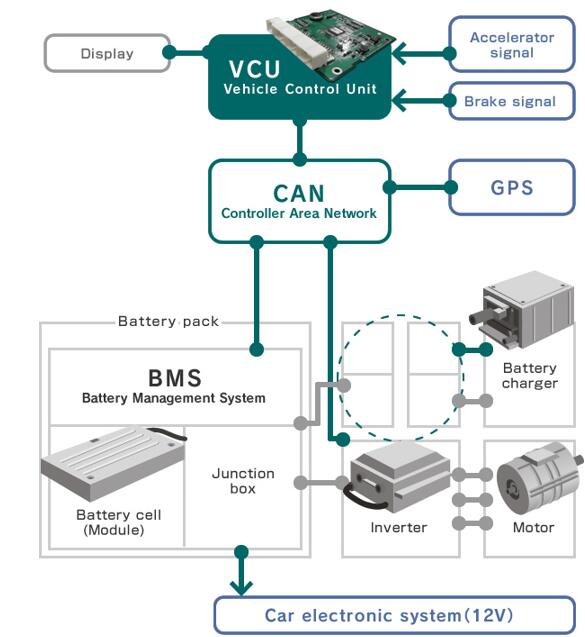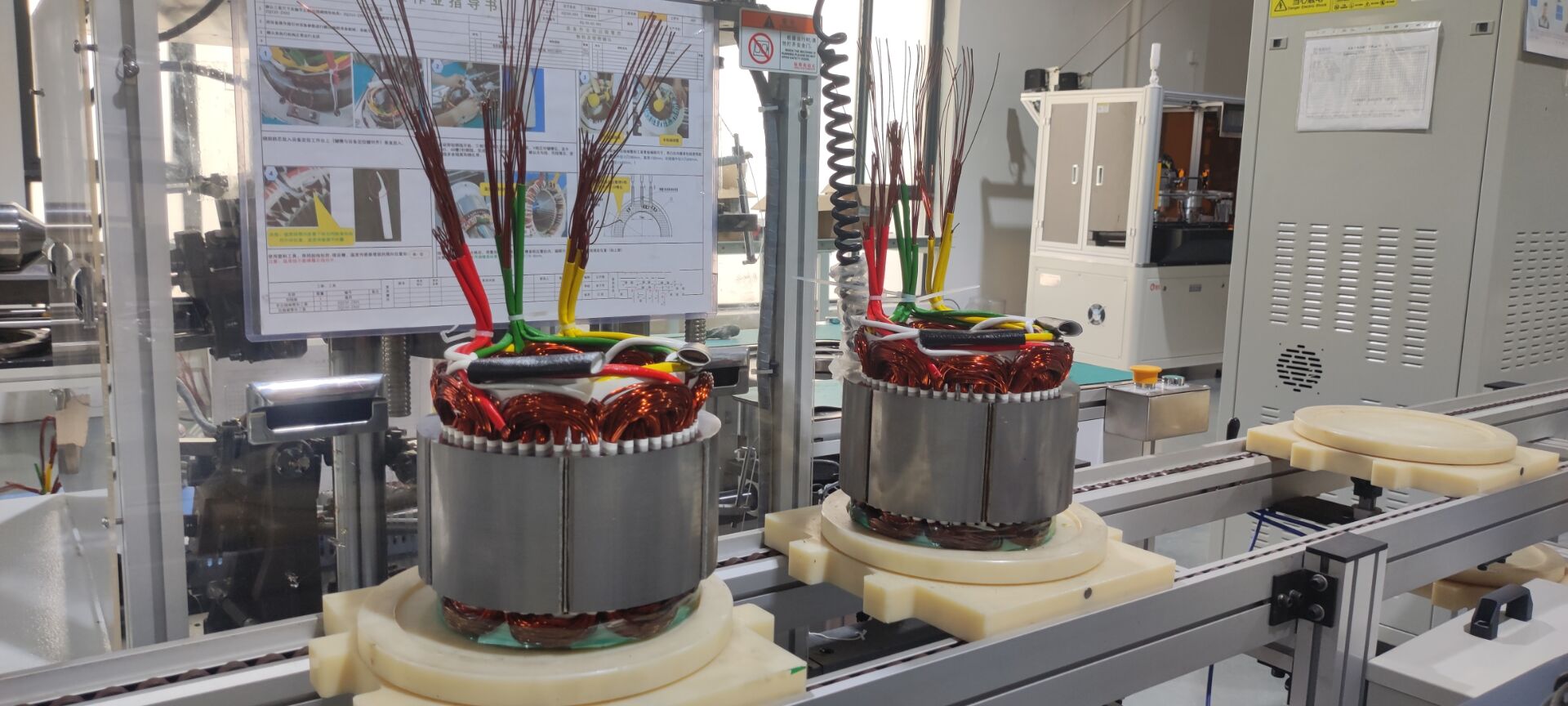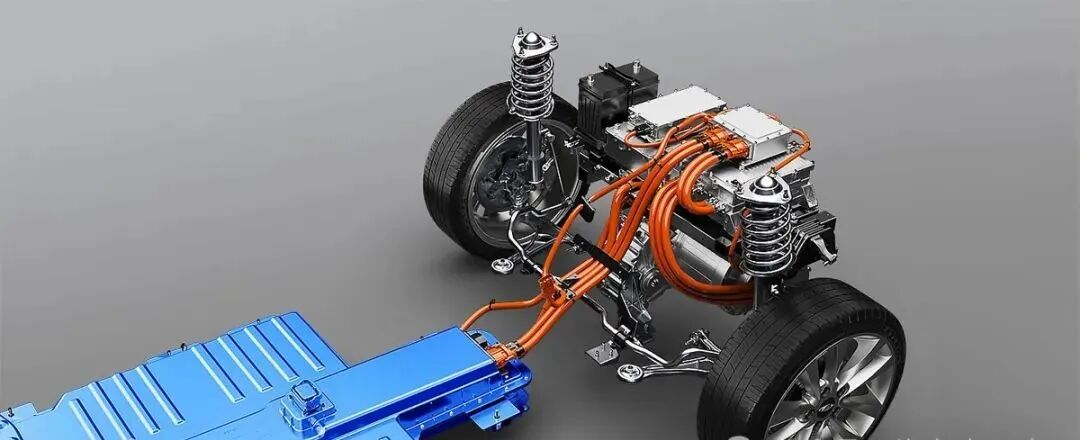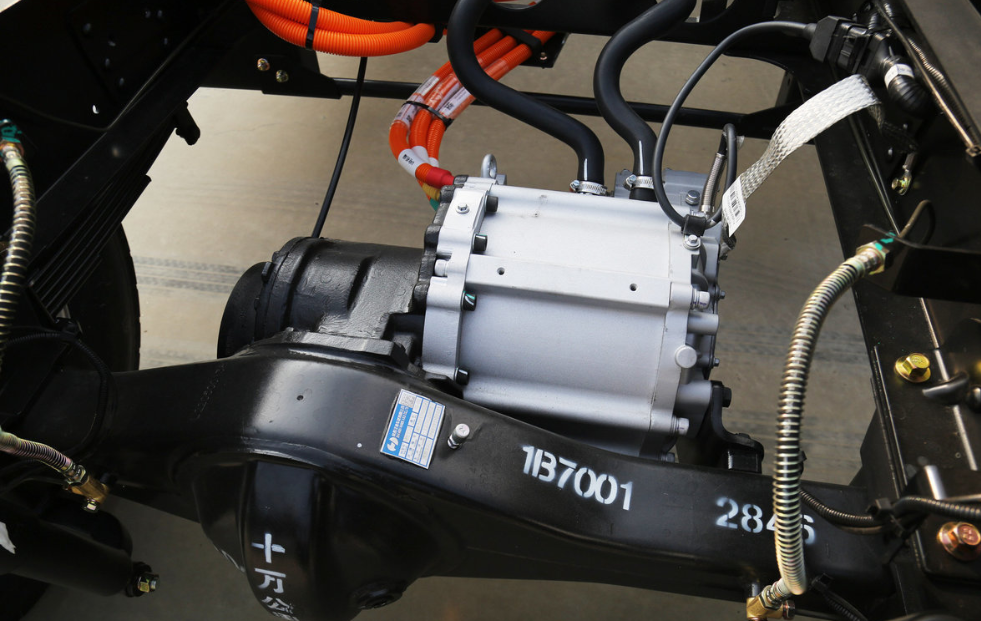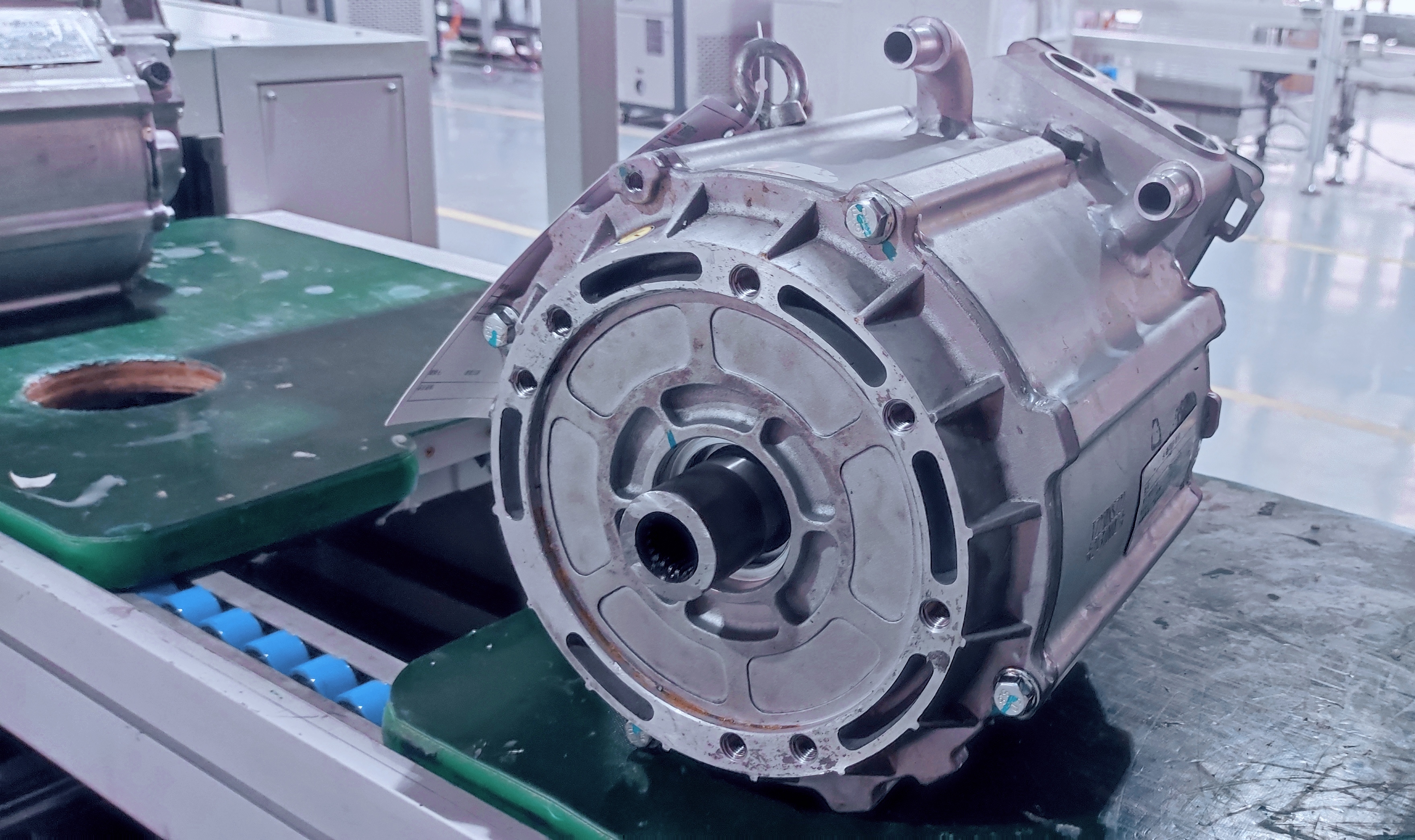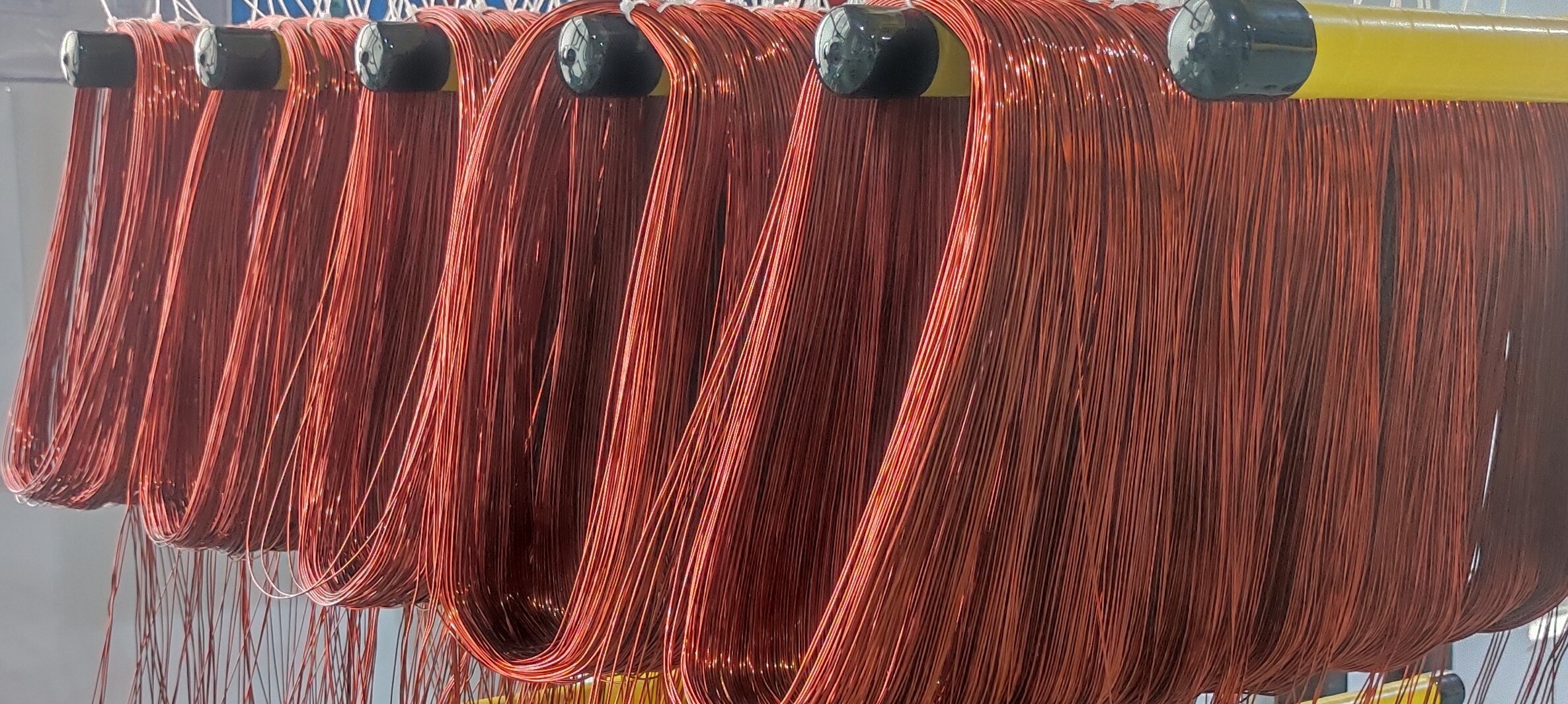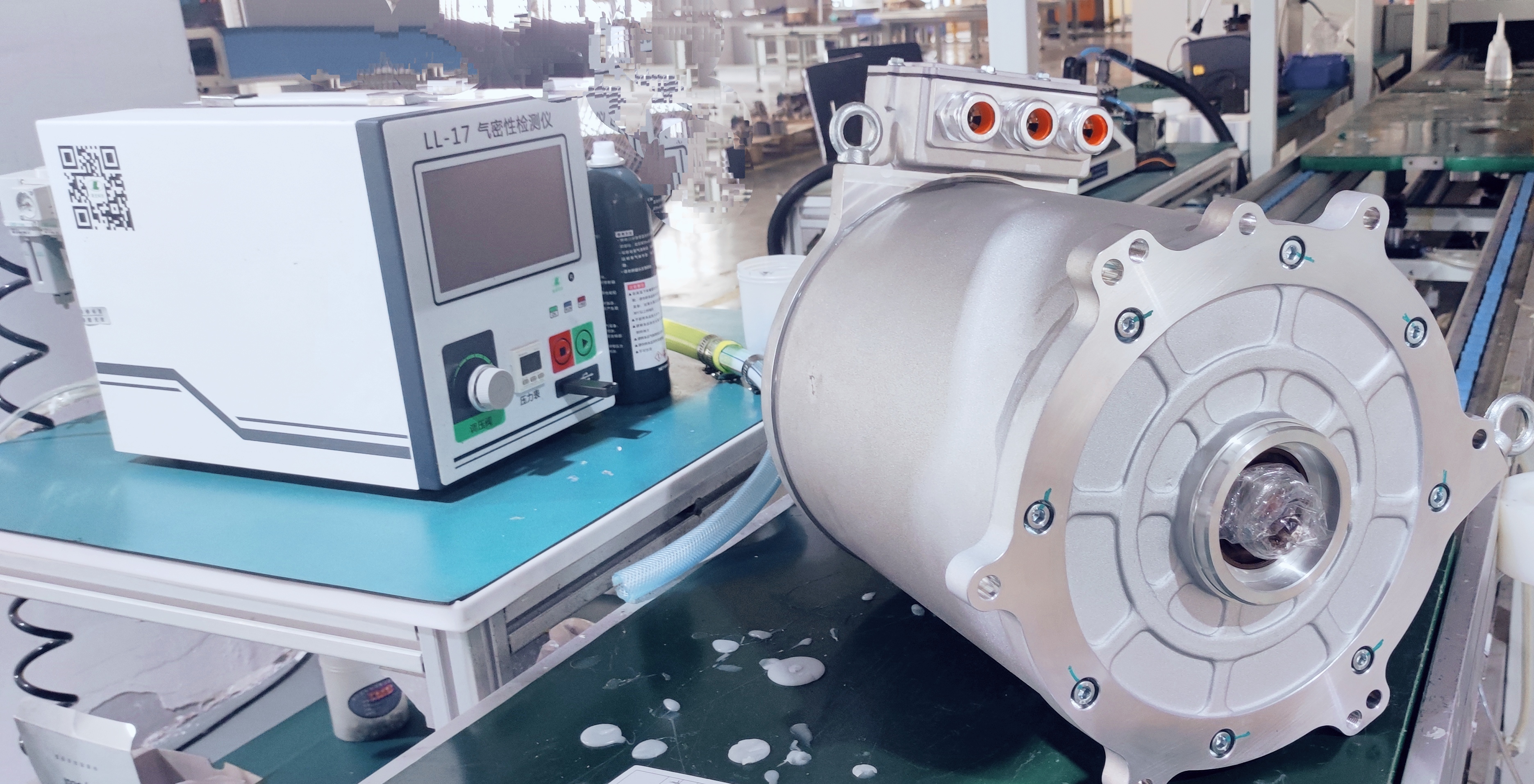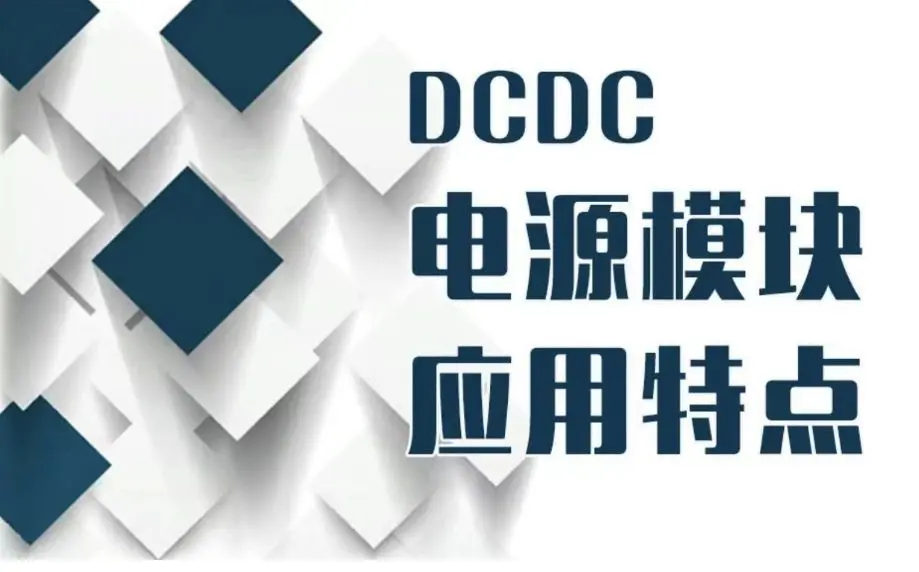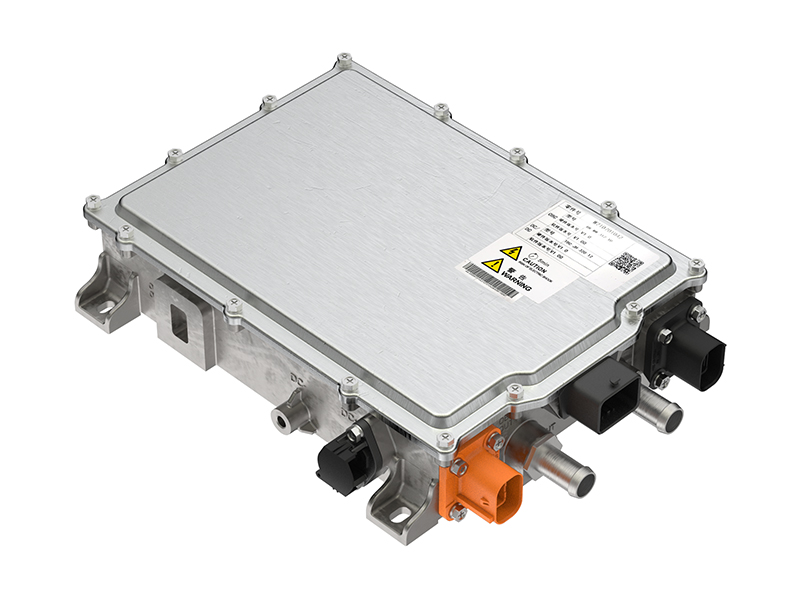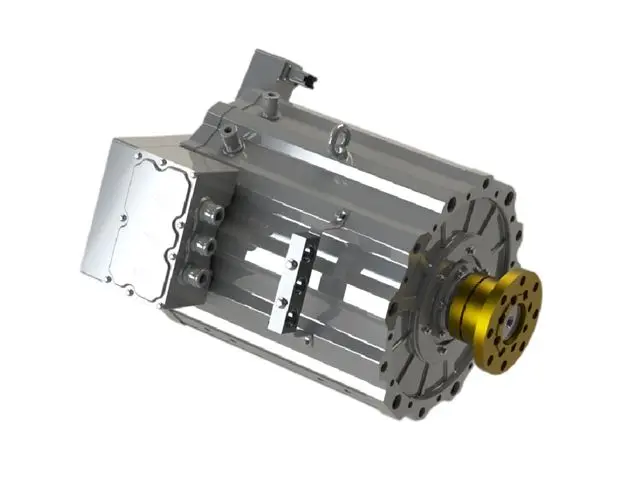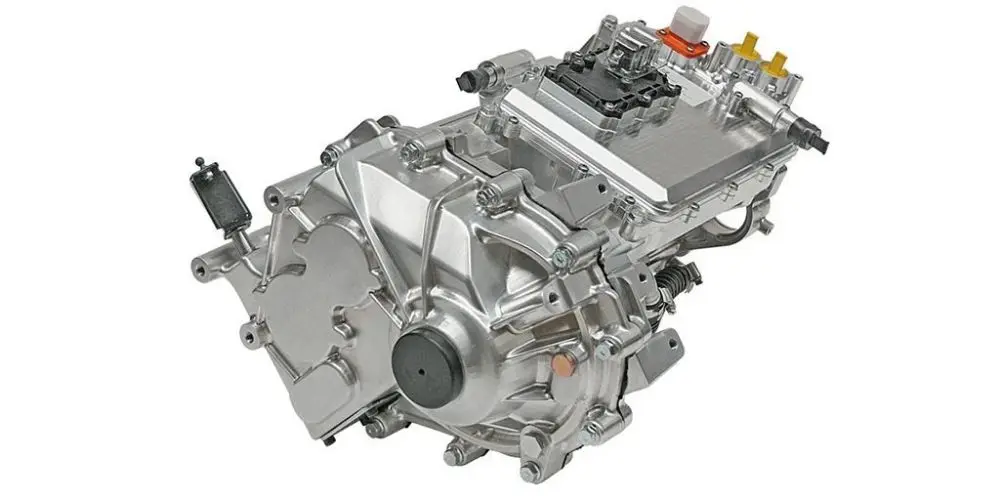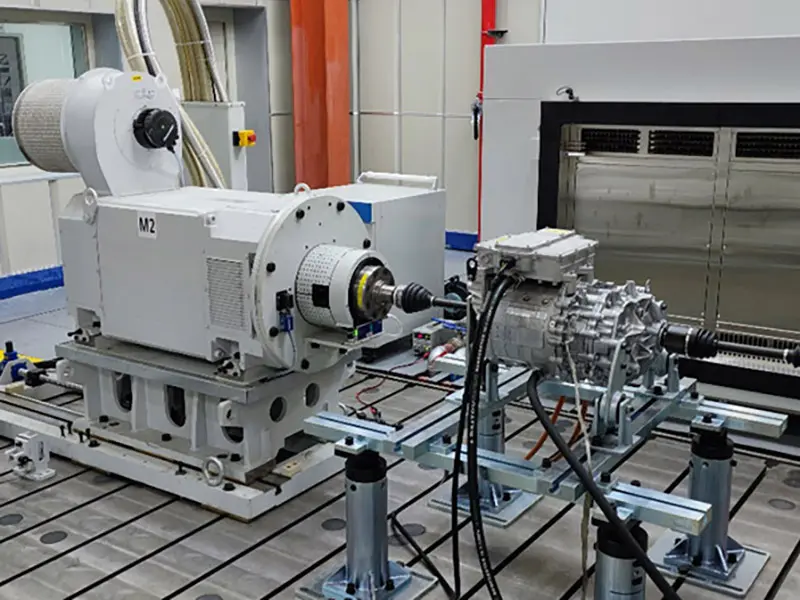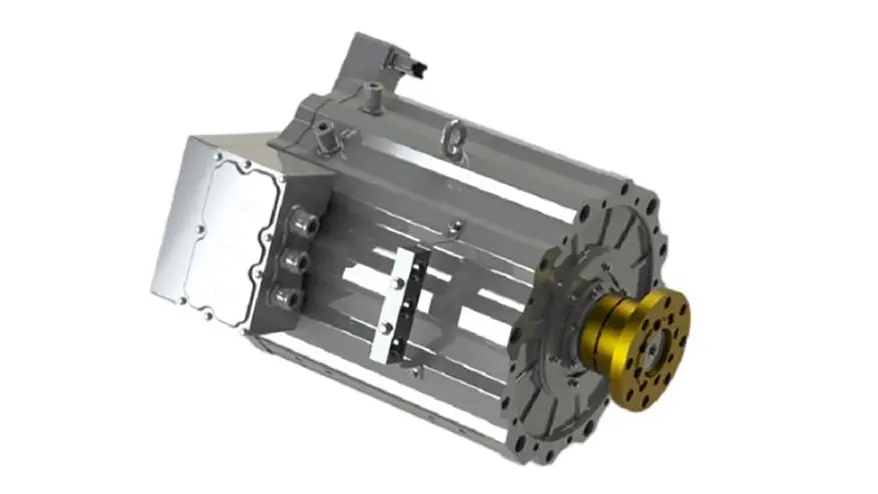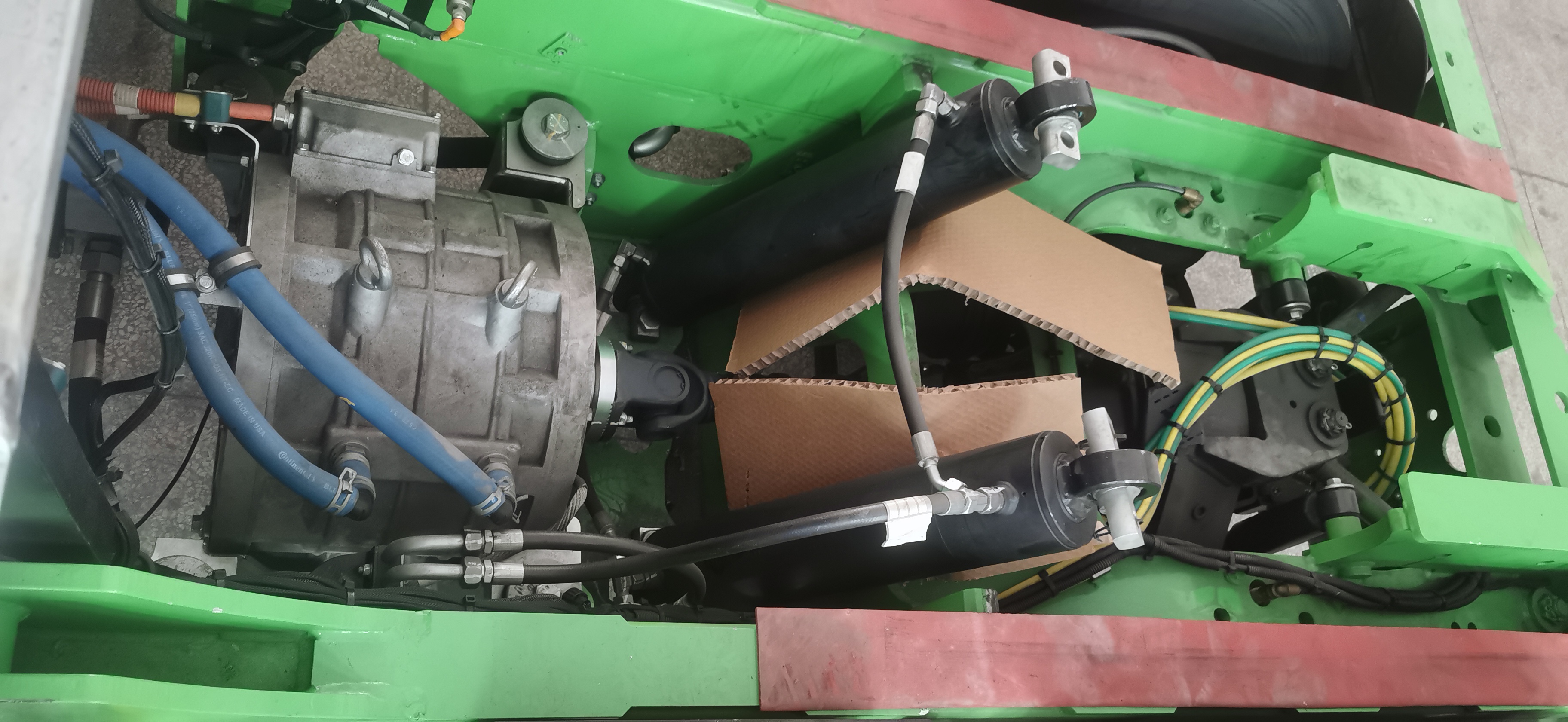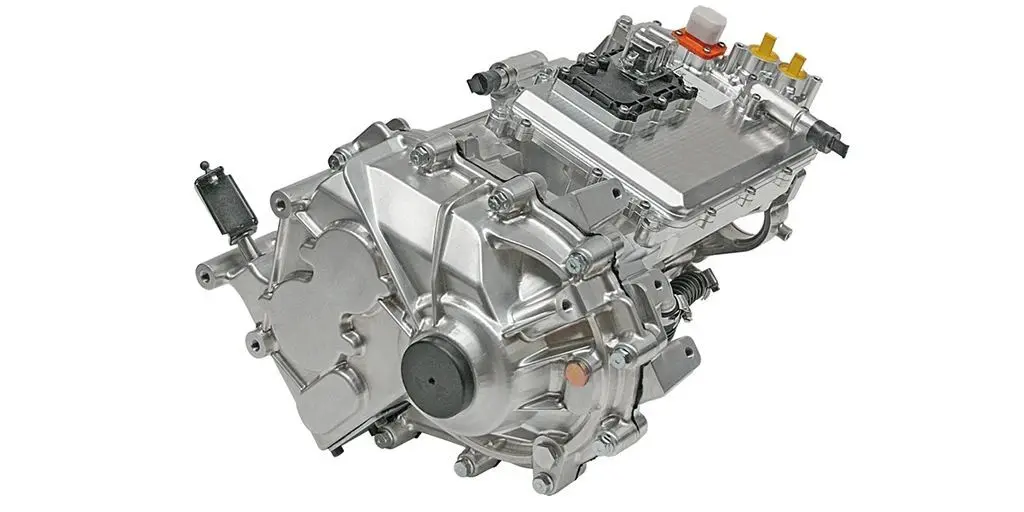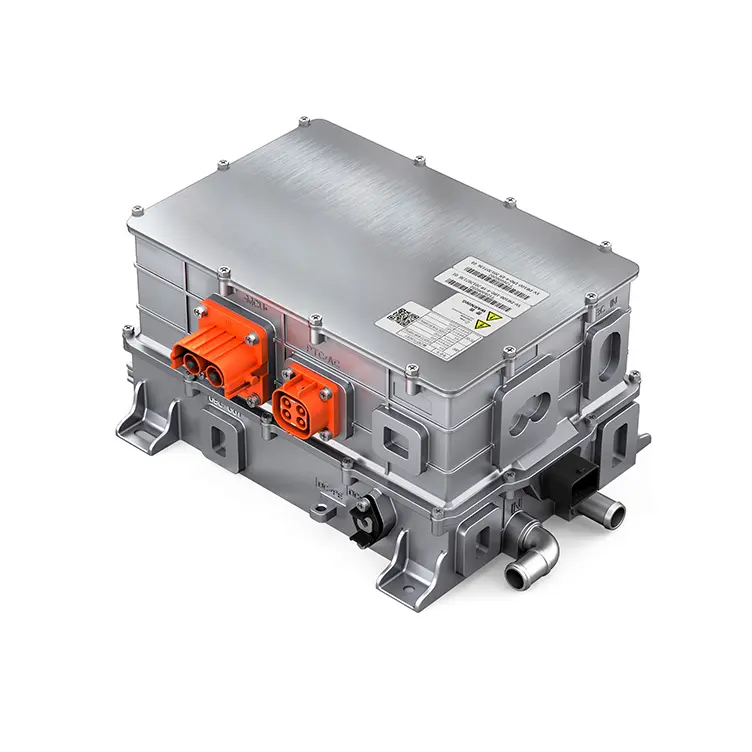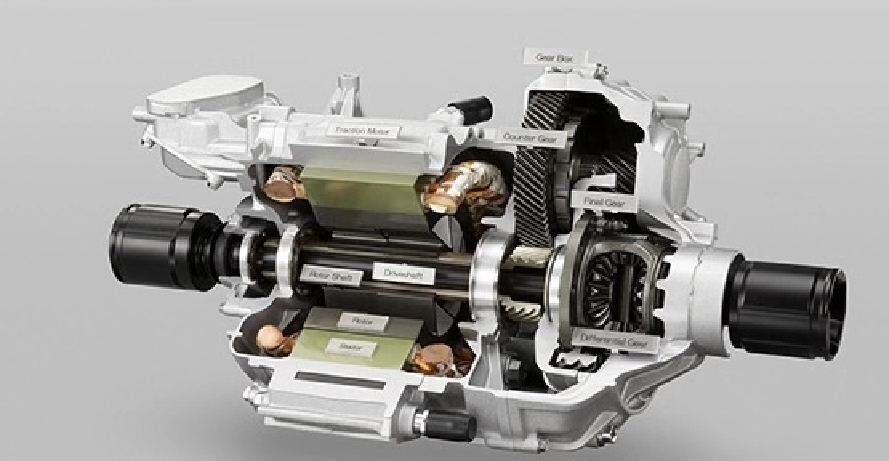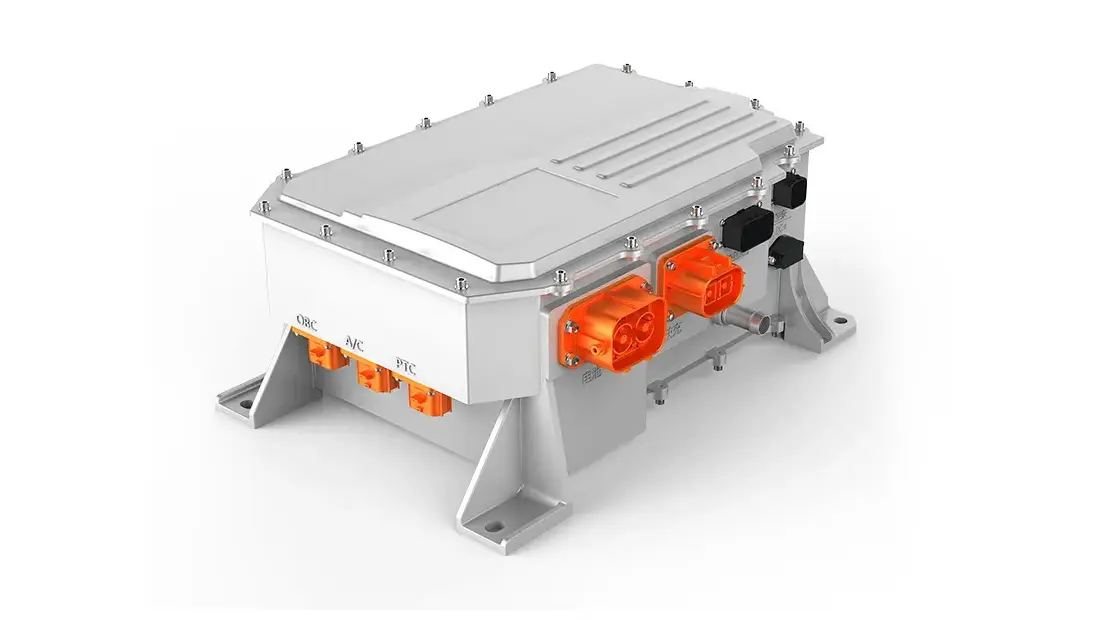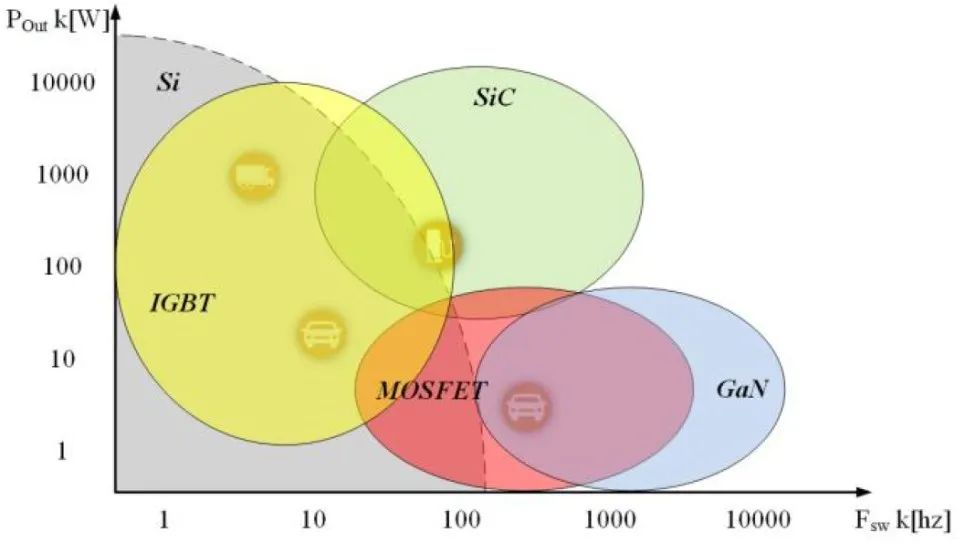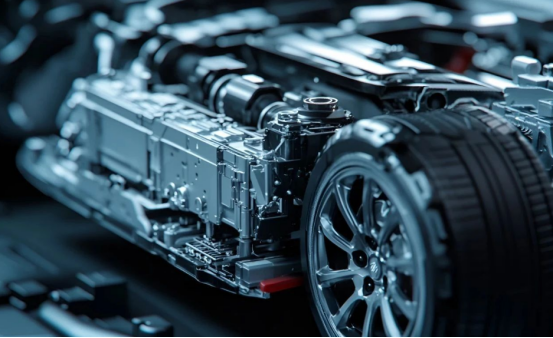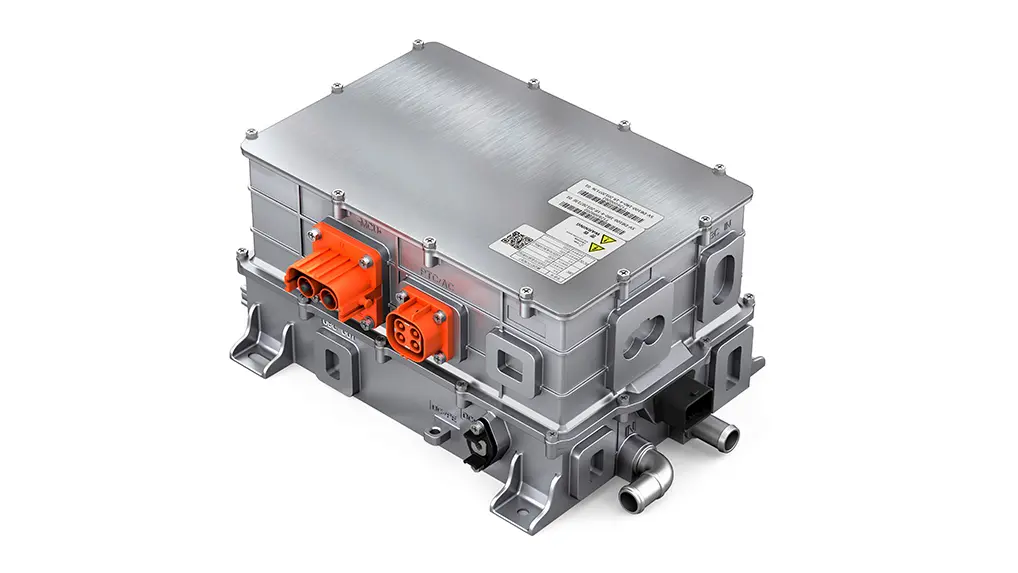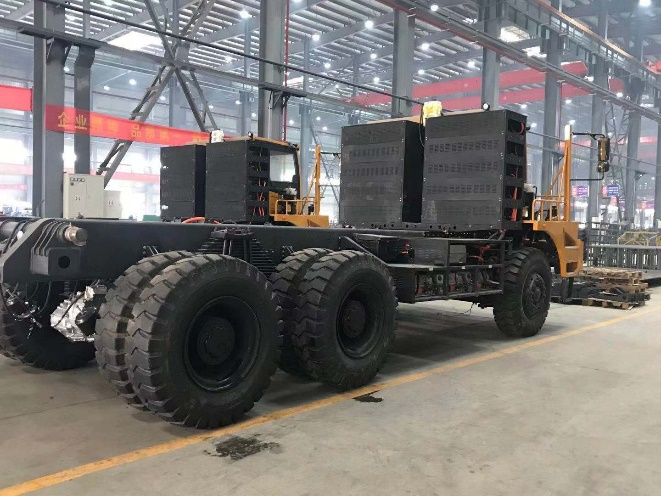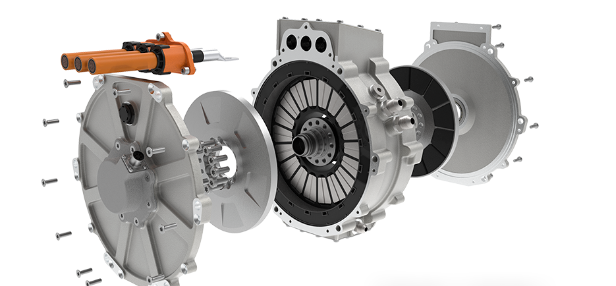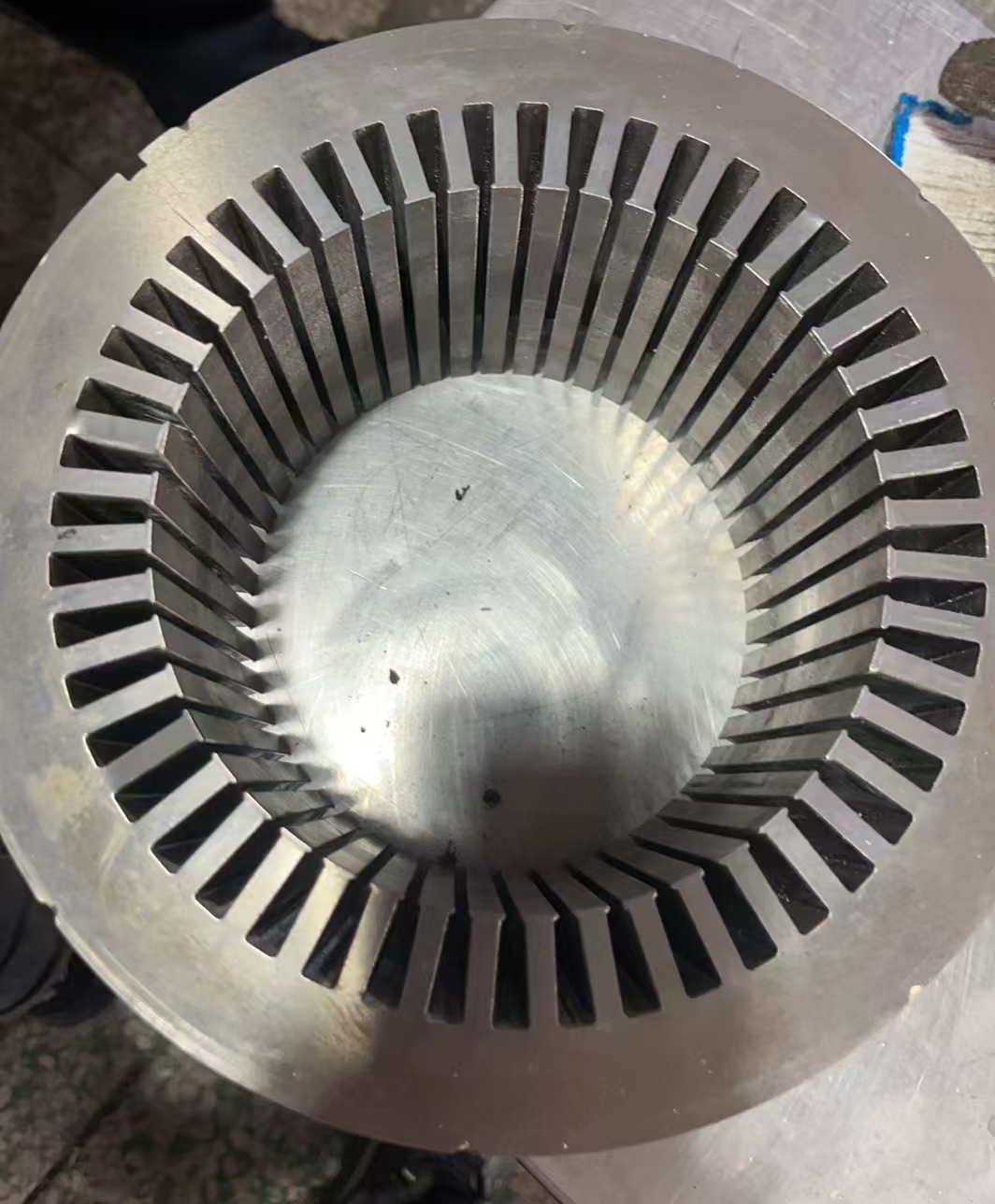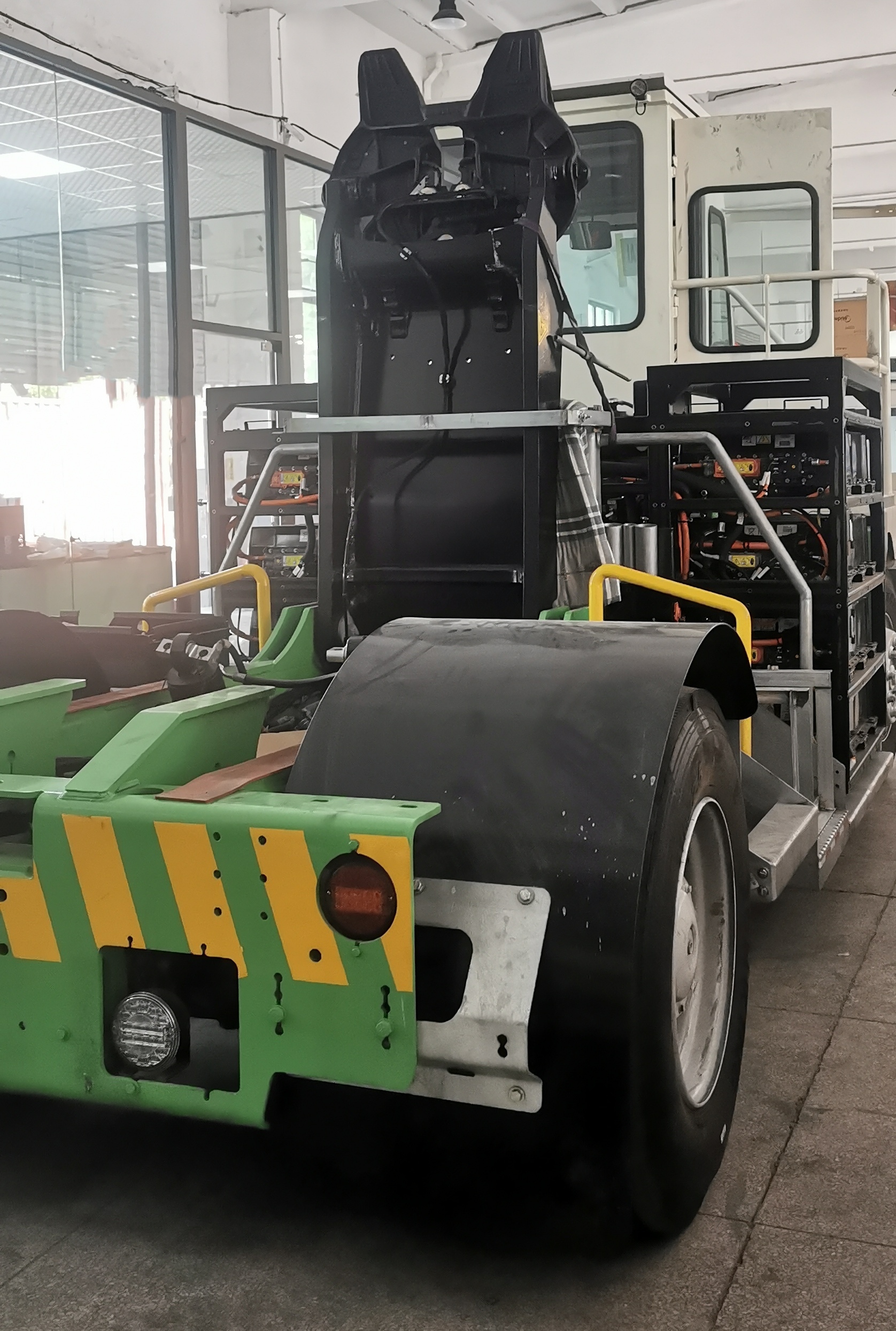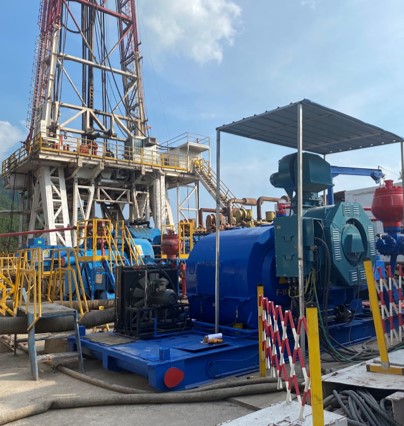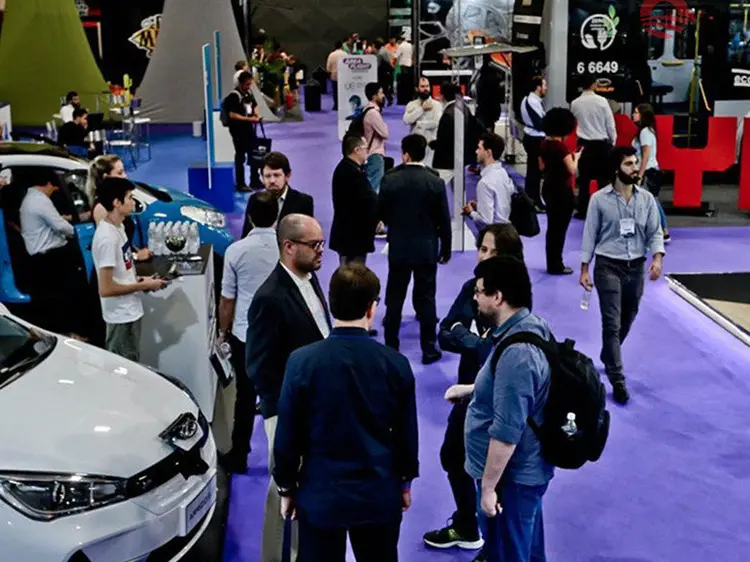Behind the Scenes: How Pumbaa Innovates in EV Power Converter Manufacturing
Introduction
As the global transition to electric vehicles (EVs) accelerates, the components that make up these advanced machines are becoming more crucial than ever. Among these, electric vehicle power converters stand out as the linchpin of powertrain efficiency and reliability. But what goes into designing and manufacturing these high-performance components?
At the forefront of innovation in this field is Pumbaa, a China-based EV technology company that’s reimagining how EV power converters are designed, built, and deployed. From cutting-edge power conversion and distribution CDU systems to stringent quality standards, Pumbaa is leading the charge in shaping the future of sustainable mobility. In this behind-the-scenes look, we explore how Pumbaa brings its mission to life through technology, insight, and global excellence.
The Critical Role of EV Power Converters in Modern Electric Vehicles
To appreciate the innovation behind Pumbaa's solutions, we must first understand the importance of power converters in electric vehicles.
What Is an EV Power Converter?
An EV power converter is an electronic device that transforms electrical energy from one form to another to ensure that all components of the vehicle operate efficiently. In electric vehicles, it typically handles the conversion between DC (direct current) and AC (alternating current), regulates voltage levels, and facilitates energy distribution across systems.
Key types include:
- DC-DC converters – Step up/down voltage between different components.
- AC-DC converters (rectifiers) – Convert AC grid power to DC for battery charging.
- DC-AC converters (inverters) – Drive the electric motor with converted current.
Why Are They Crucial?
Without a robust power converter, an EV cannot function properly. These components:
- Manage battery output to match motor requirements.
- Protect sensitive electronics from voltage spikes.
- Maximize overall energy efficiency.
- Enable features such as regenerative braking and fast charging.
Increasing Demand for Reliable Power Conversion
As EV technology grows more complex—with more powerful batteries, smarter systems, and faster chargers—the performance and reliability of electric vehicle power converters are under more scrutiny than ever. Pumbaa recognizes this and integrates innovation deeply into its converter manufacturing processes.
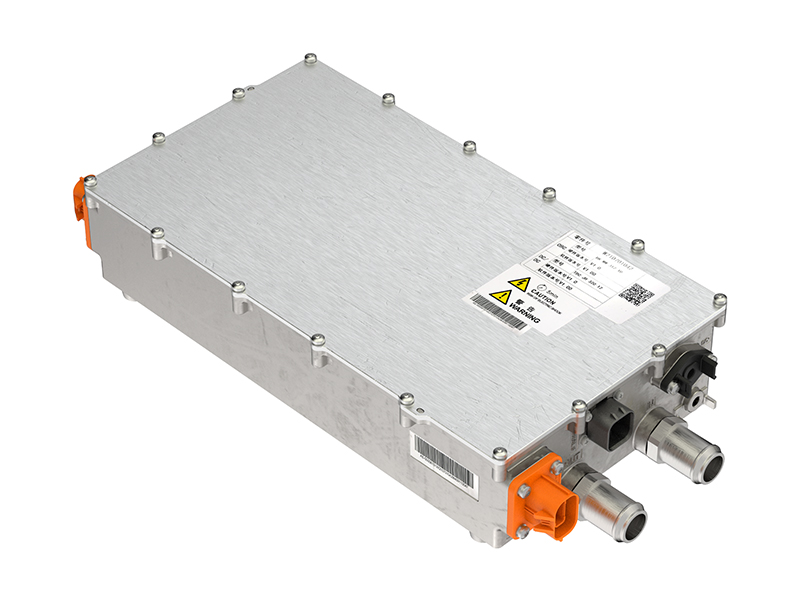
Pumbaa’s Philosophy: Innovation Through Insight
At the core of Pumbaa’s approach is a clear and unwavering philosophy: “Innovation Through Insight.” This principle drives not just the products the company creates but the entire culture within the organization.
Understanding Market and Technological Needs
Pumbaa actively studies evolving EV architecture and customer requirements. Through R&D, customer feedback loops, and industry collaboration, the company gains crucial insights that shape product development. Its awareness of real-world challenges—such as heat management, size constraints, and power distribution complexity—informs its design and manufacturing choices.
Customization and Flexibility
Rather than offering one-size-fits-all products, Pumbaa focuses on modularity and customization. Each EV power converter or power conversion and distribution CDU (Centralized Distribution Unit) is designed to fit seamlessly into a client’s system architecture, enhancing both performance and installation efficiency.
Deep Integration Across Product Lines
Innovation at Pumbaa is not siloed. Their power conversion systems are designed to integrate with motor control units (MCUs), battery management systems (BMS), and vehicle control units (VCUs), creating a harmonious power ecosystem across the EV platform.
Advanced Manufacturing Techniques and Technologies
The backbone of any innovative product is how it’s made. Pumbaa has invested heavily in advanced manufacturing capabilities to ensure each product is built to perform and endure.
Automated Production Lines
Using high-precision automated machinery, Pumbaa’s manufacturing lines are optimized for efficiency and accuracy. This reduces variability, shortens lead times, and increases throughput—all essential in today’s fast-paced EV supply chain.
High-Quality Components
Pumbaa sources high-grade components with stringent quality requirements. Semiconductors, heat sinks, inductors, and capacitors are all selected to handle high power loads and harsh operating conditions.
Thermal Management Excellence
One of the most critical challenges in electric vehicle power converter design is managing heat. Pumbaa employs:
- Advanced heat dissipation materials such as aluminum-based PCB substrates.
- Custom-designed heat sinks and cooling channels.
- Smart thermal simulation to optimize layout before production.
Rigorous Testing and Quality Assurance
Every converter and CDU unit goes through multi-stage testing including:
- Electrical stress testing
- Temperature cycling
- Vibration and shock resistance
- EMC/EMI validation
This commitment ensures long-term durability and performance across global environments.
Highlight: The Power Conversion and Distribution CDU Line
One of the standout innovations from Pumbaa is its Power Conversion and Distribution CDU line—a product family that consolidates multiple power functions into a single compact unit. Let’s take a closer look.
What is a CDU?
The CDU (Centralized Distribution Unit) is a highly integrated module that combines several key power functions:
- DC-DC conversion
- Fuse and relay distribution
- System protection
- Smart power monitoring
This all-in-one solution replaces what traditionally required multiple separate components, simplifying system design and increasing reliability.
Key Features of Pumbaa’s CDU Line
Compact footprint for space-constrained EV platforms.
Modular design to support various voltage and current configurations.
CAN communication for real-time diagnostics and control.
Waterproof and ruggedized enclosures for harsh environments (IP67+).
Customizable layout for OEM-specific requirements.
Application Scenarios
Pumbaa’s CDU solutions are suitable for a wide range of electric mobility platforms:
- Passenger EVs
- Electric trucks and buses
- Low-speed electric vehicles (LSEVs)
- Special-purpose EVs like forklifts and delivery drones
With an eye on the future, Pumbaa continues to iterate its CDU design to handle even more power density and smarter digital control.

Meeting Global Standards and Customer Needs
Focus on OEM Partnerships
Pumbaa’s global footprint includes partnerships with leading OEMs and system integrators. These relationships are built on trust, technical collaboration, and a shared goal of electrifying transportation safely and sustainably.
After-Sales Support and Engineering Service
Another hallmark of Pumbaa’s approach is its commitment to customer success. From pre-sales consultation to post-delivery support, Pumbaa provides:
- System integration assistance
- On-site debugging
- Firmware customization
- Failure mode diagnostics and reporting
This ensures that clients receive not just a product, but a full-service solution tailored to their vehicle’s unique needs.
Conclusion
Behind every efficient and reliable electric vehicle lies a suite of sophisticated electronic systems—and at the heart of that is the electric vehicle power converter. As the EV market continues its explosive growth, the need for smarter, more compact, and more reliable power electronics has never been greater.
Pumbaa answers that call with innovation rooted in deep insight, advanced manufacturing, and customer-first design. From its integrated power conversion and distribution CDU modules to its unwavering commitment to global standards, Pumbaa is not just keeping pace with the EV revolution—it’s helping lead it.
For automakers, fleet operators, and system integrators seeking cutting-edge EV power converters, Pumbaa is a name to watch—and a partner you can count on.









